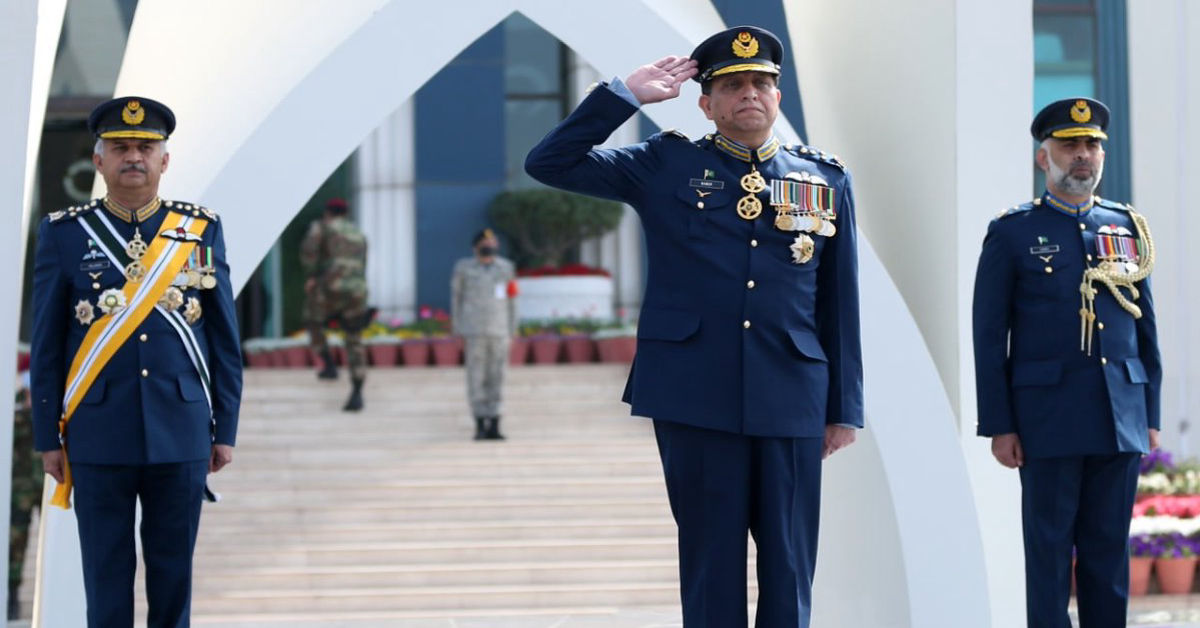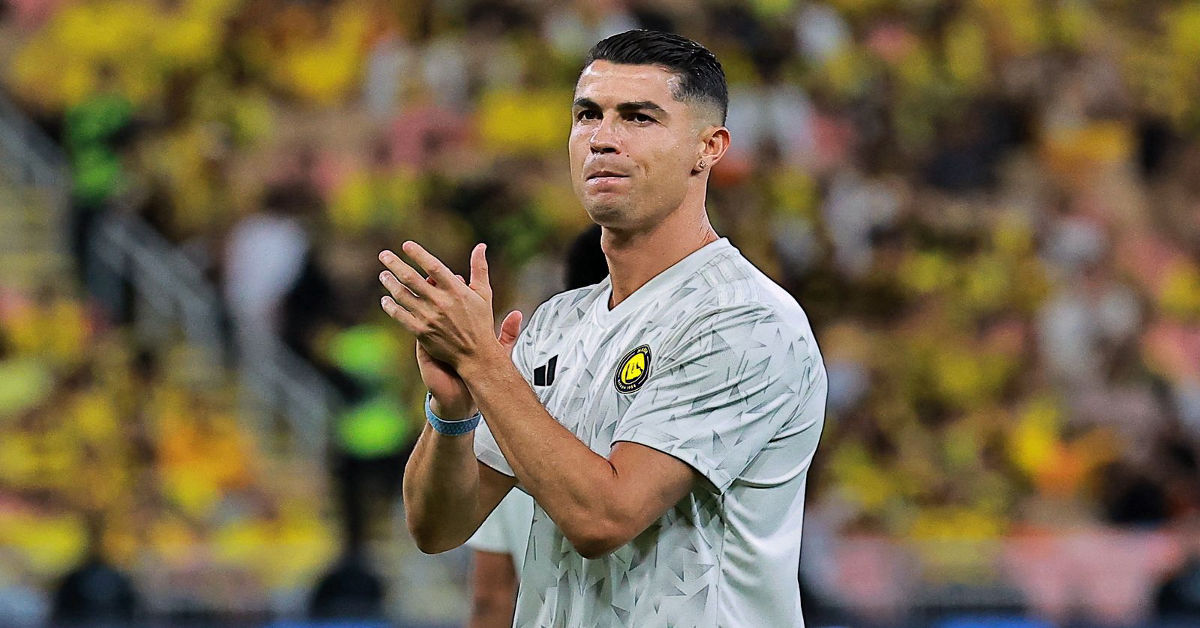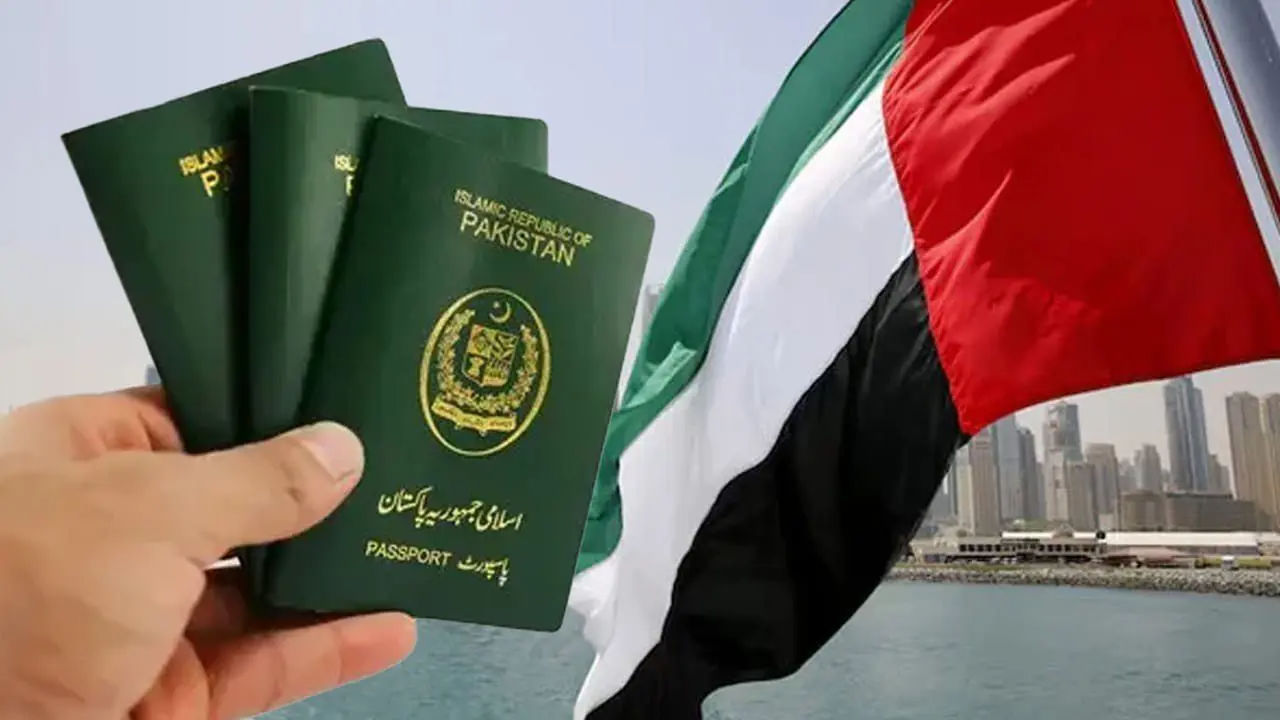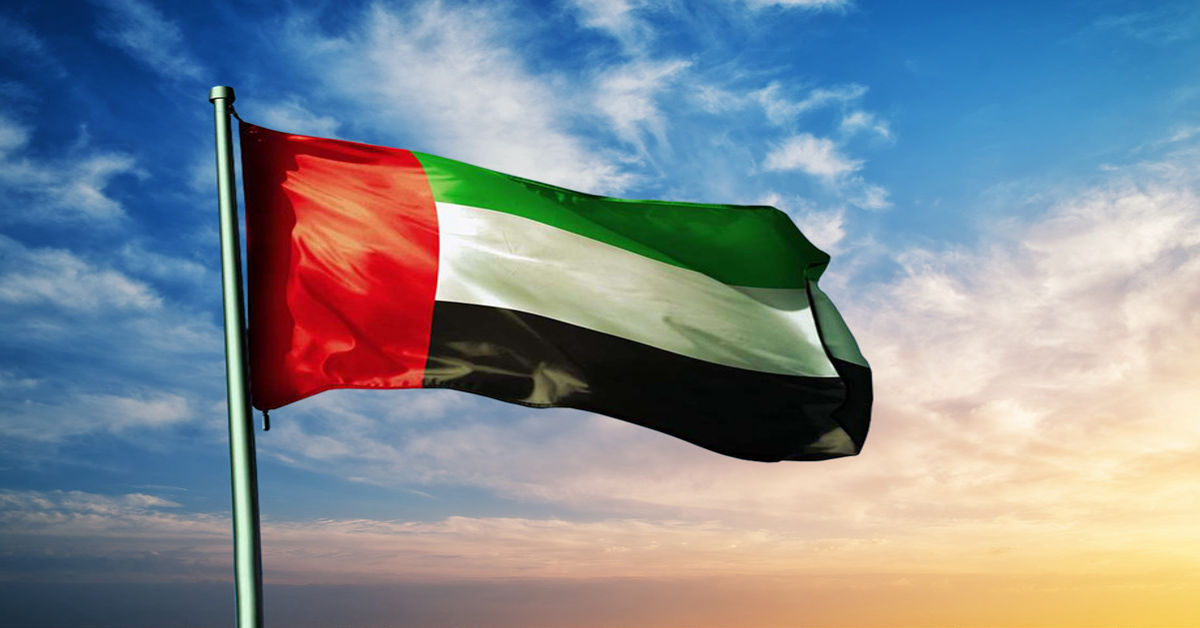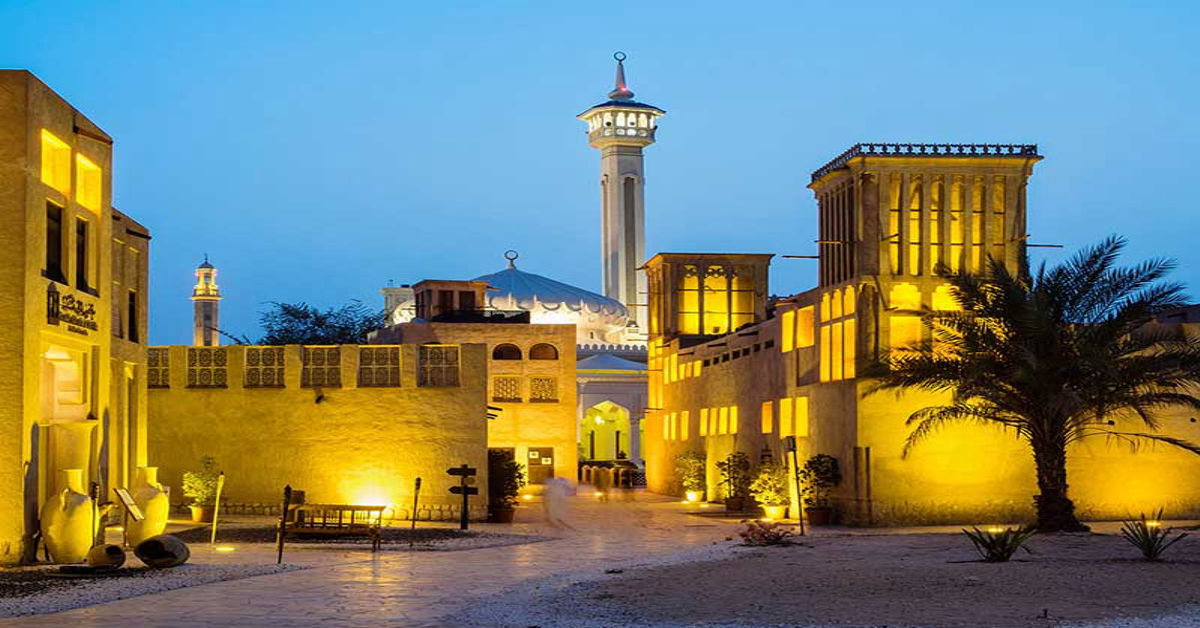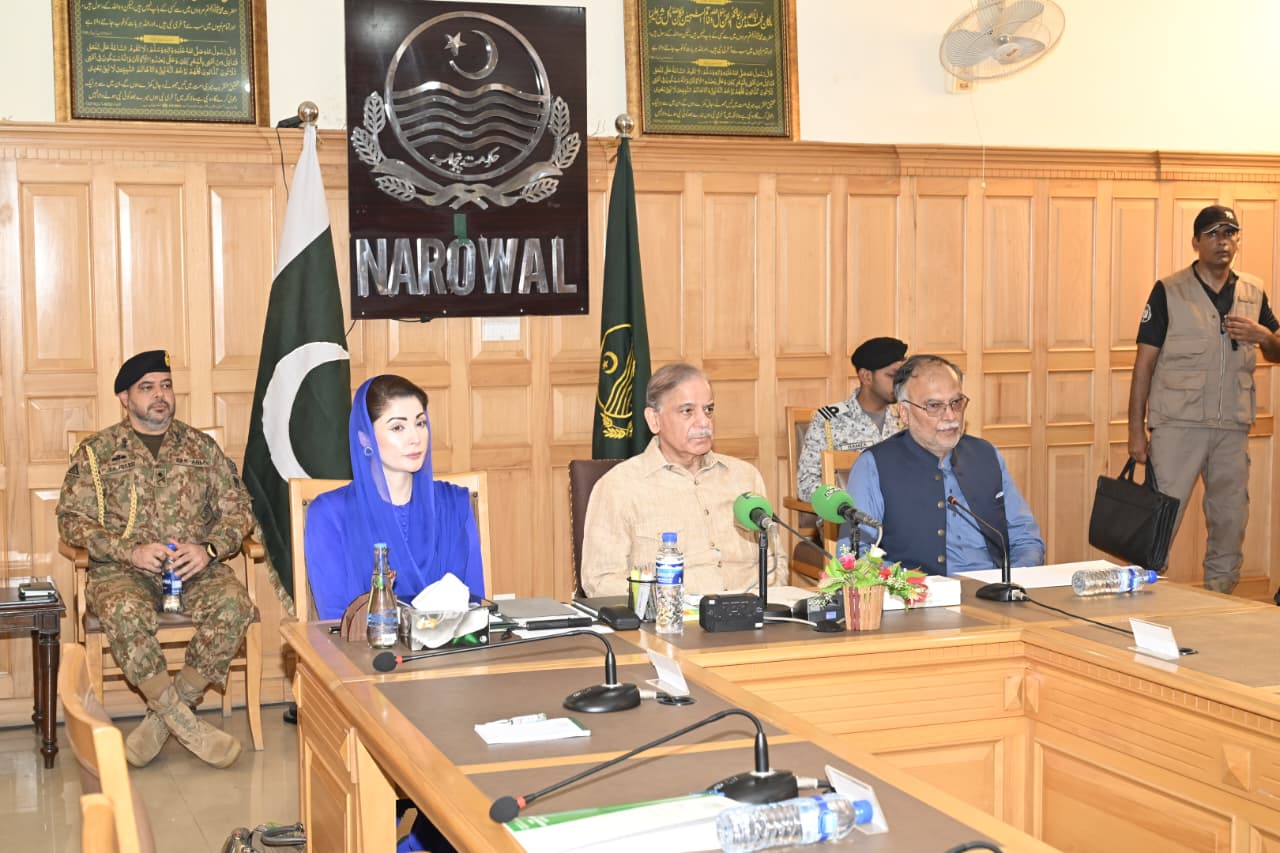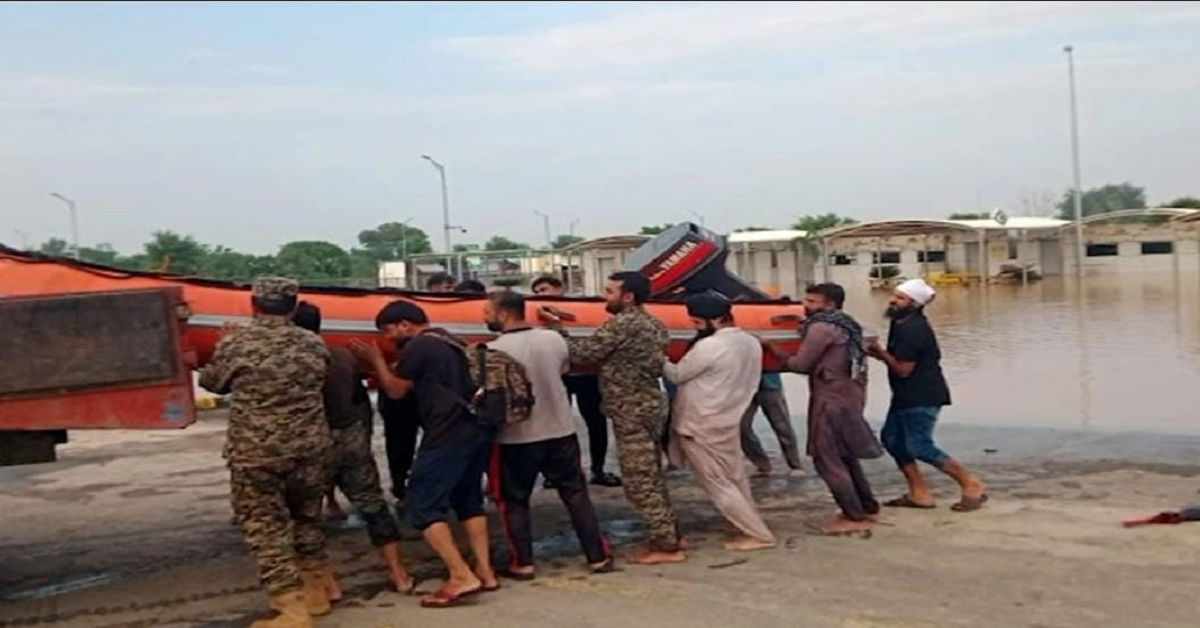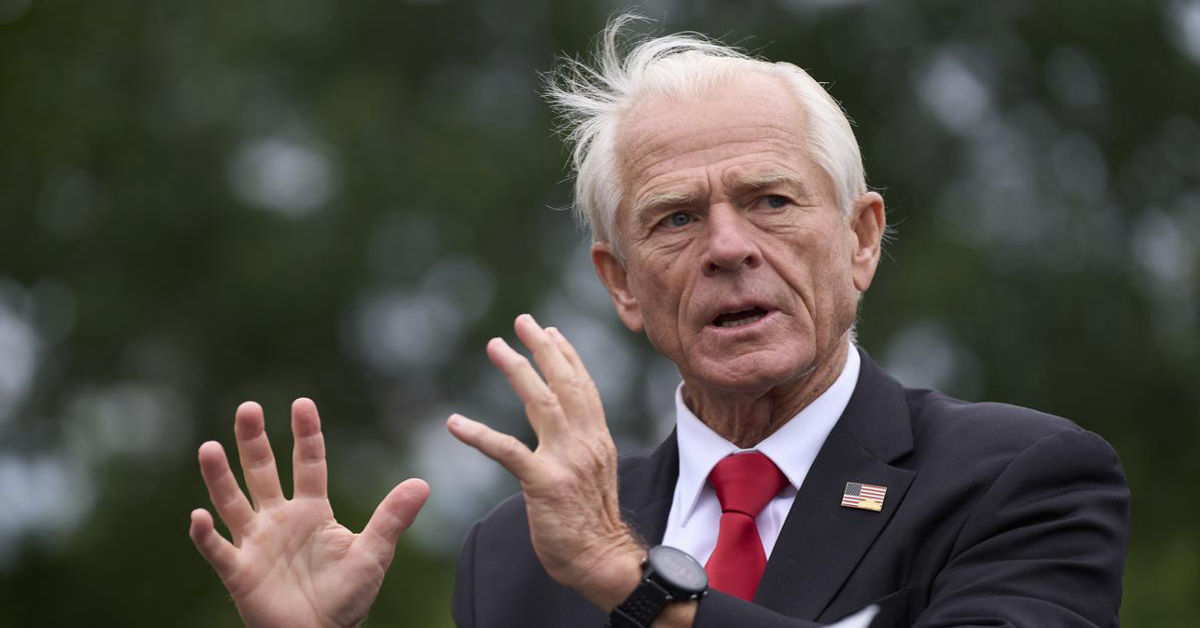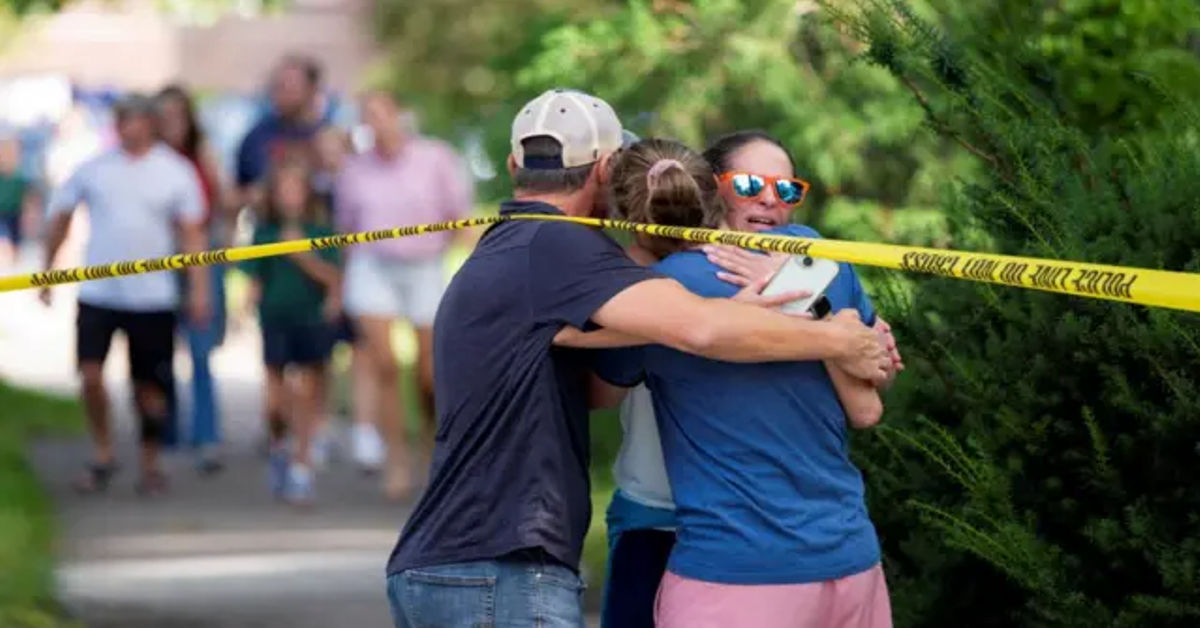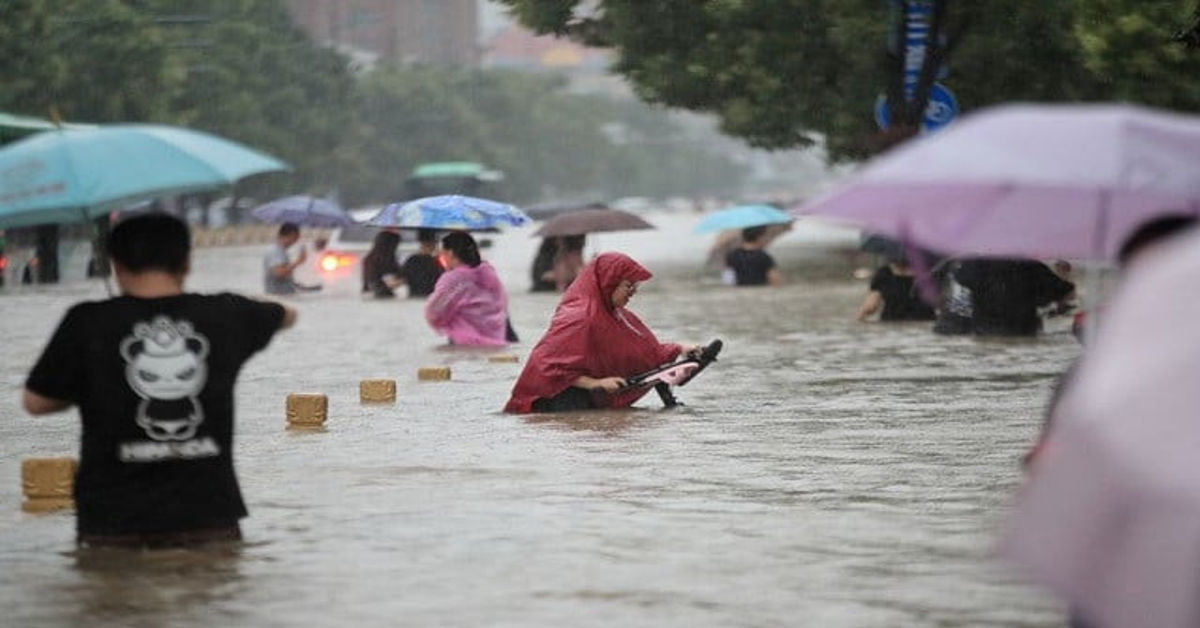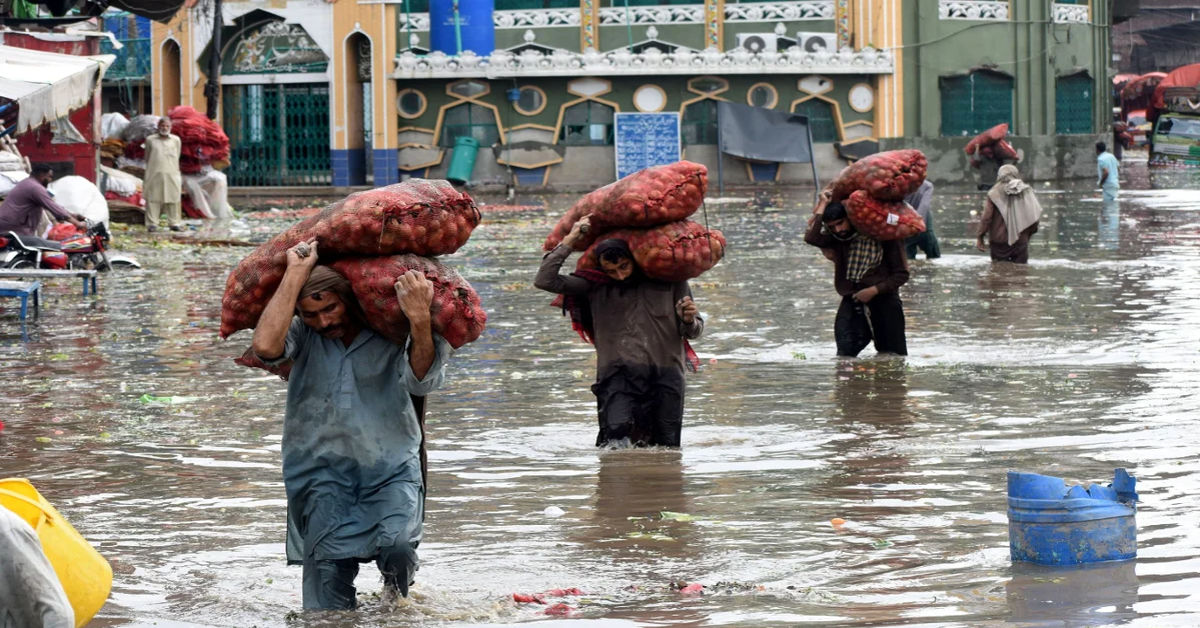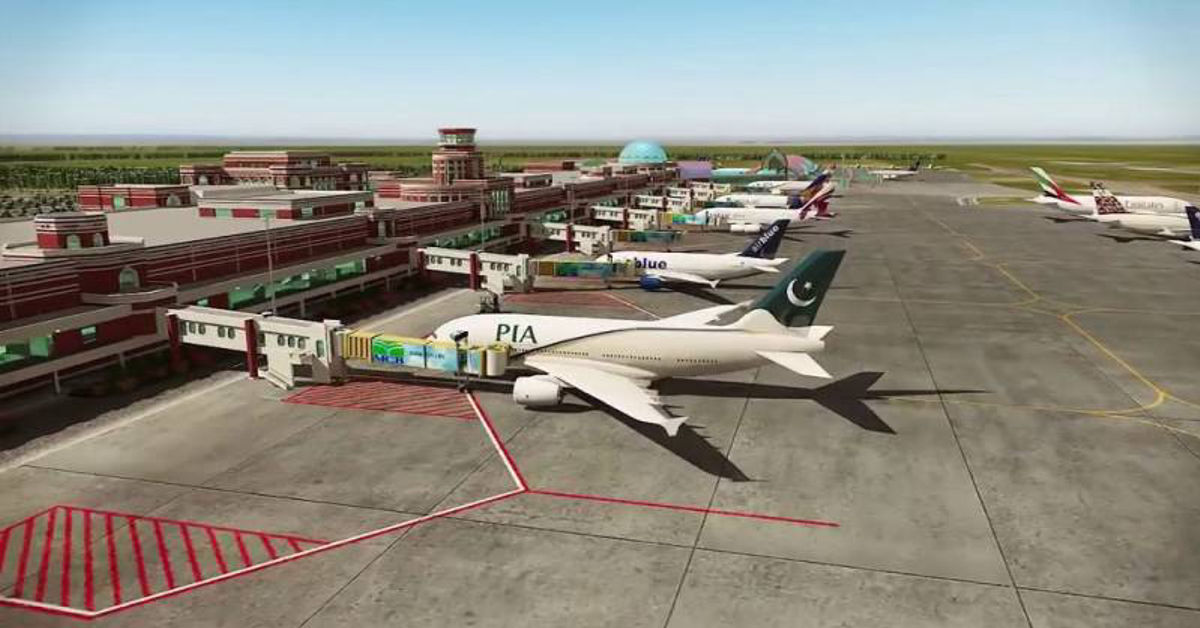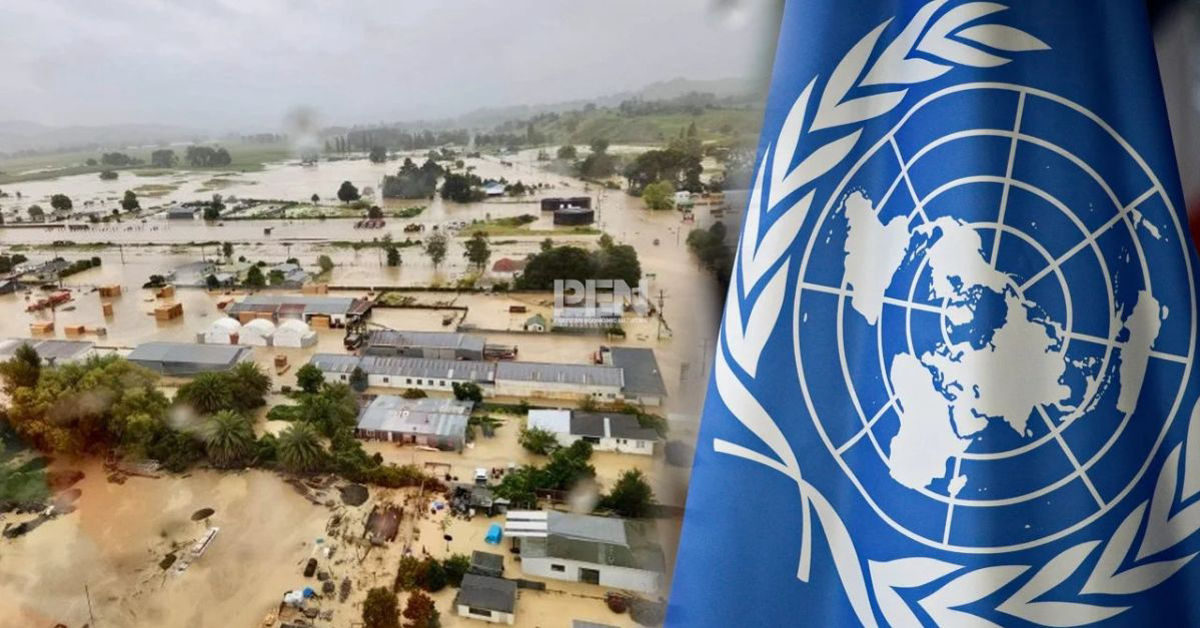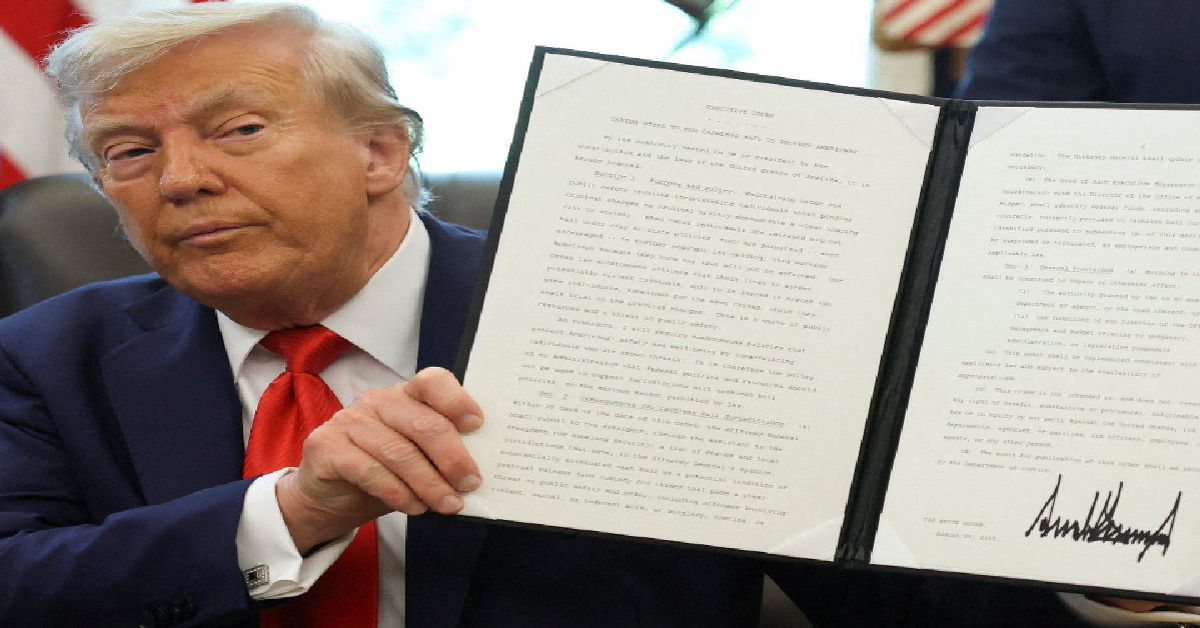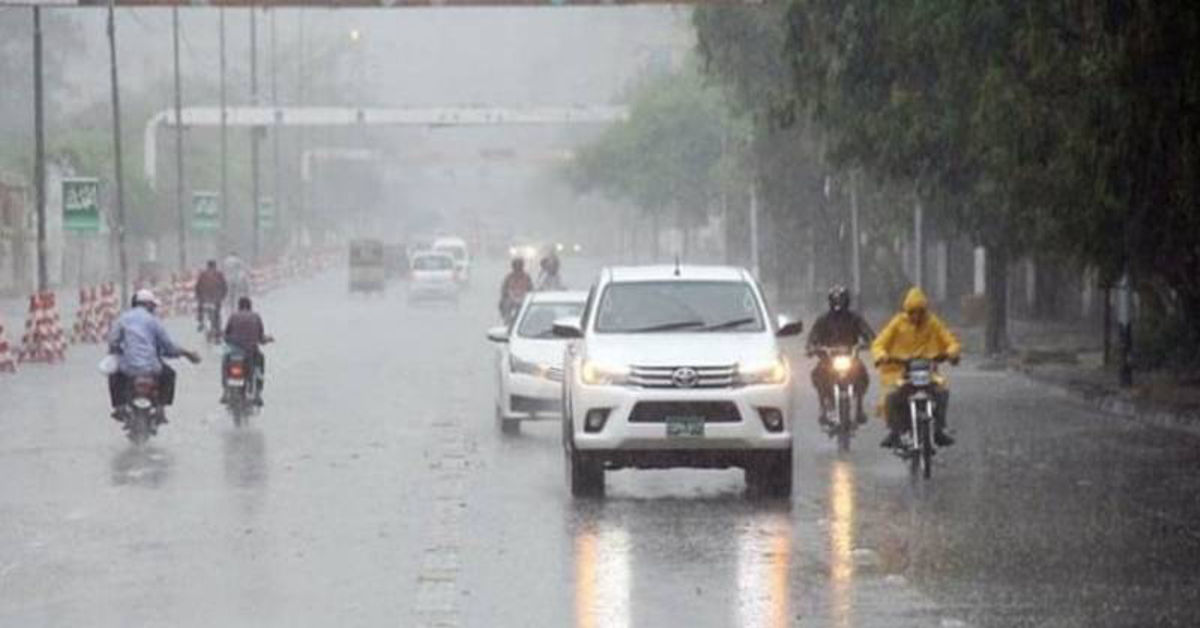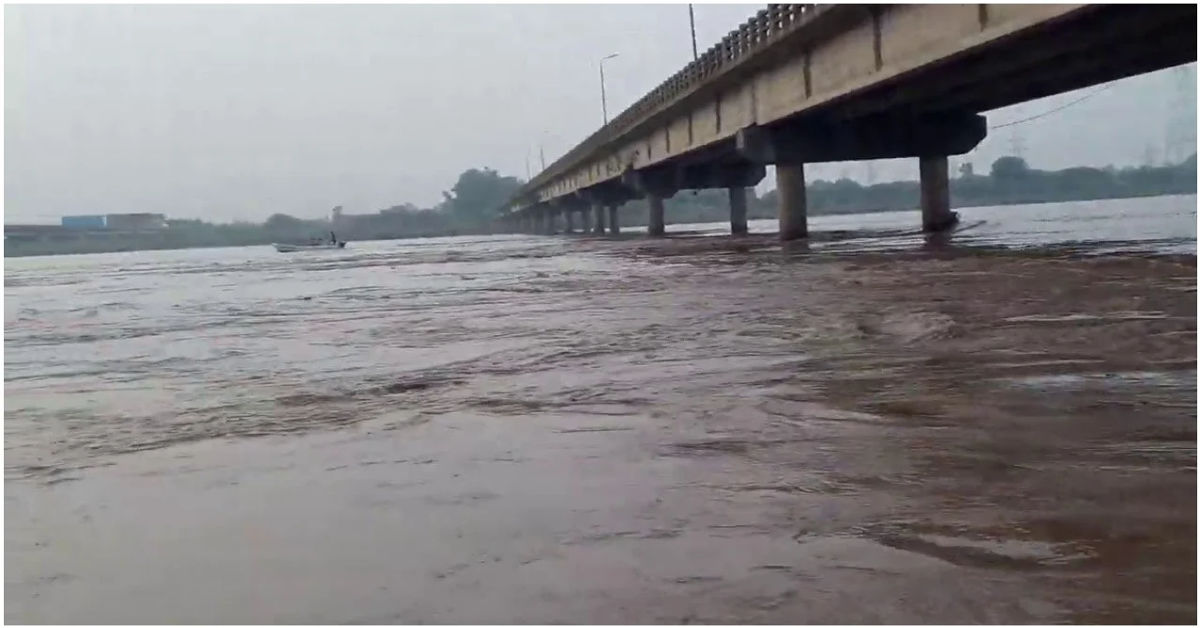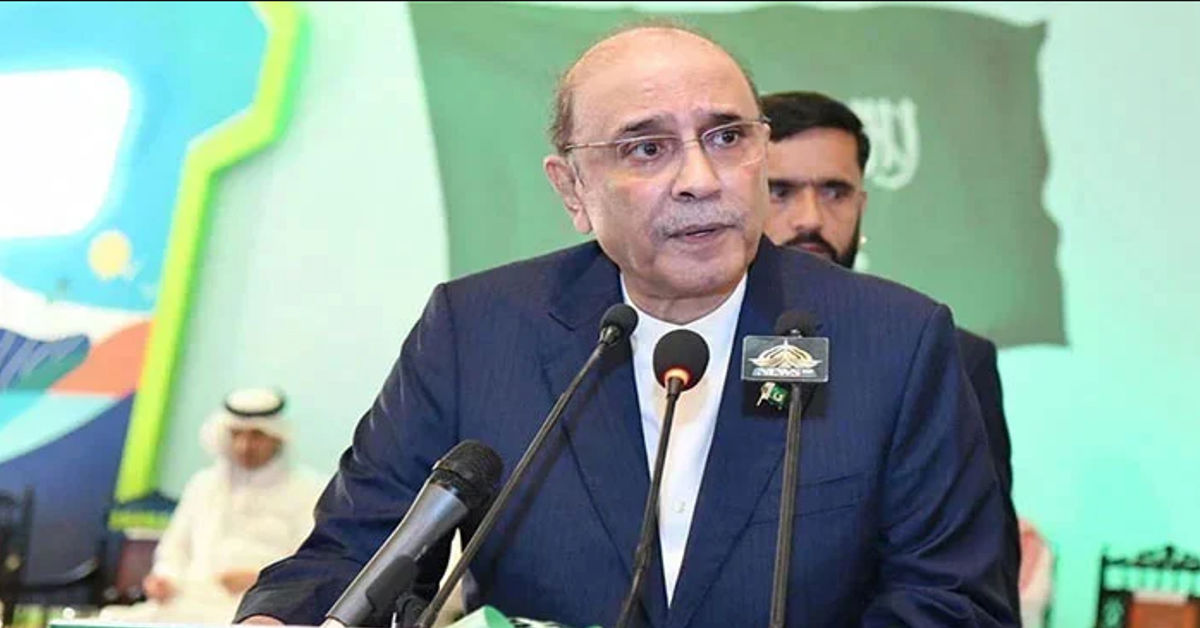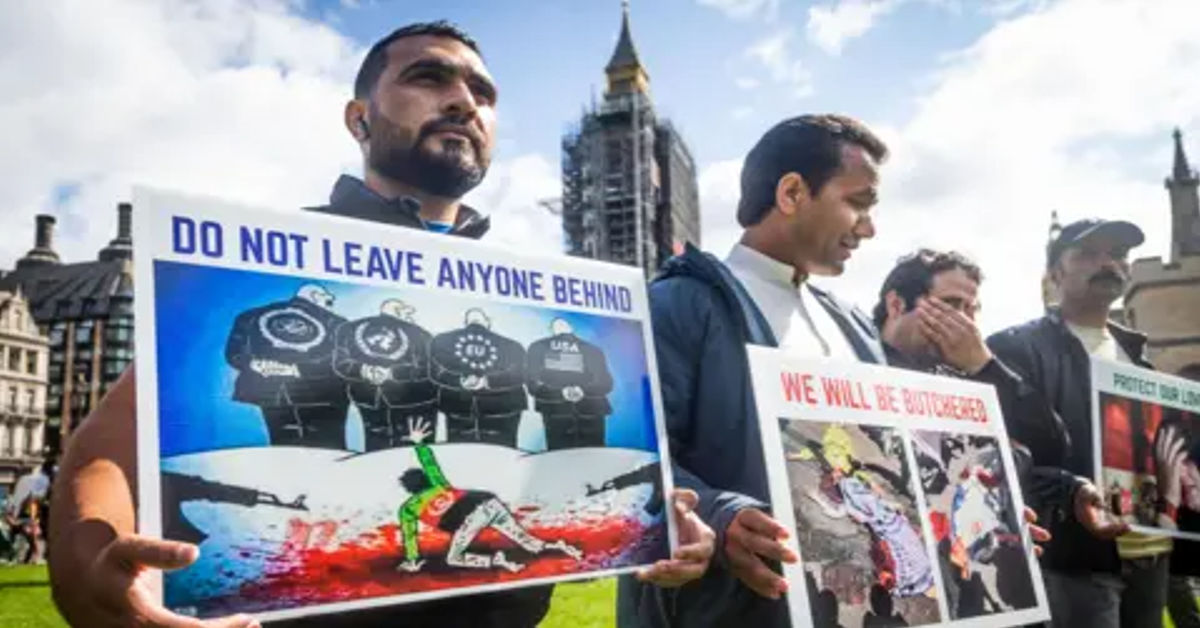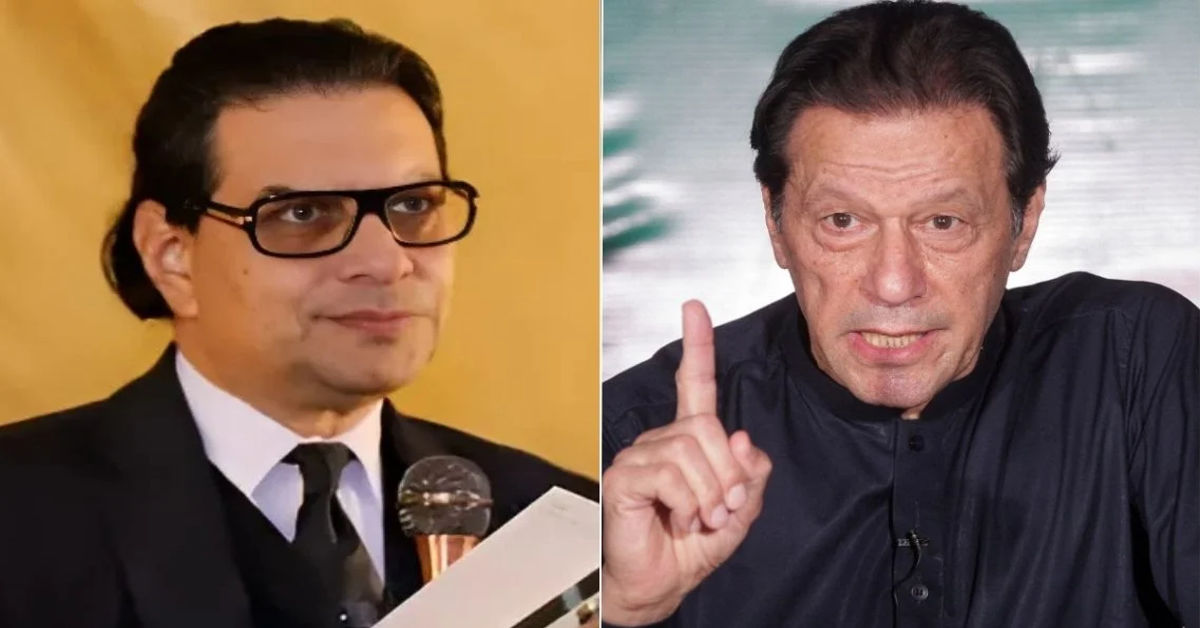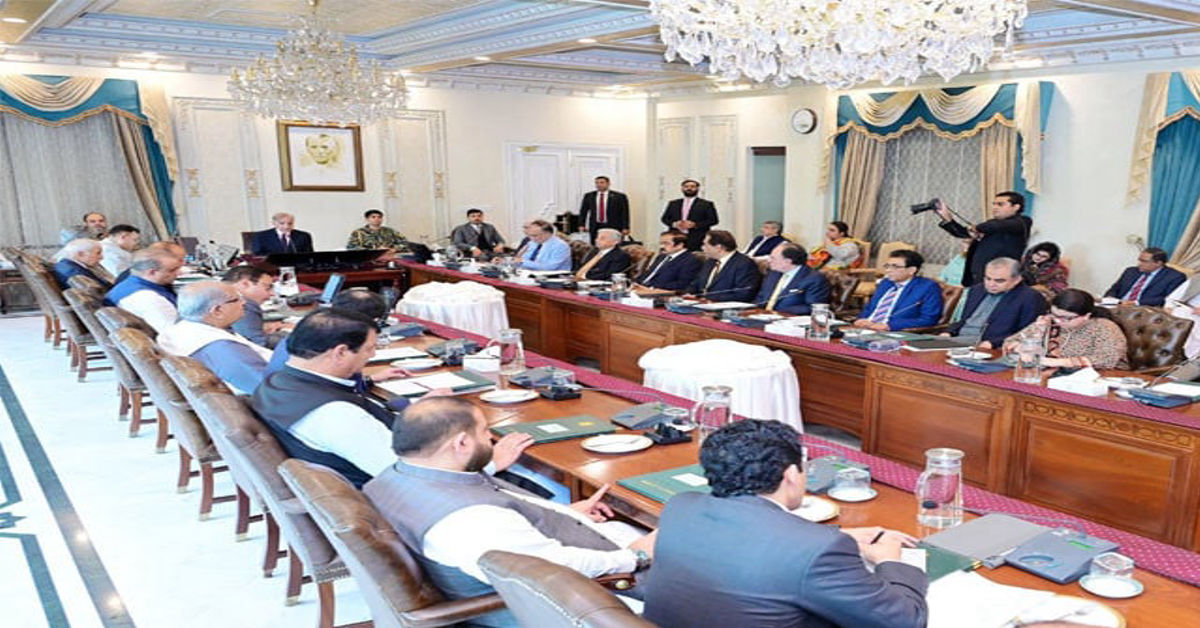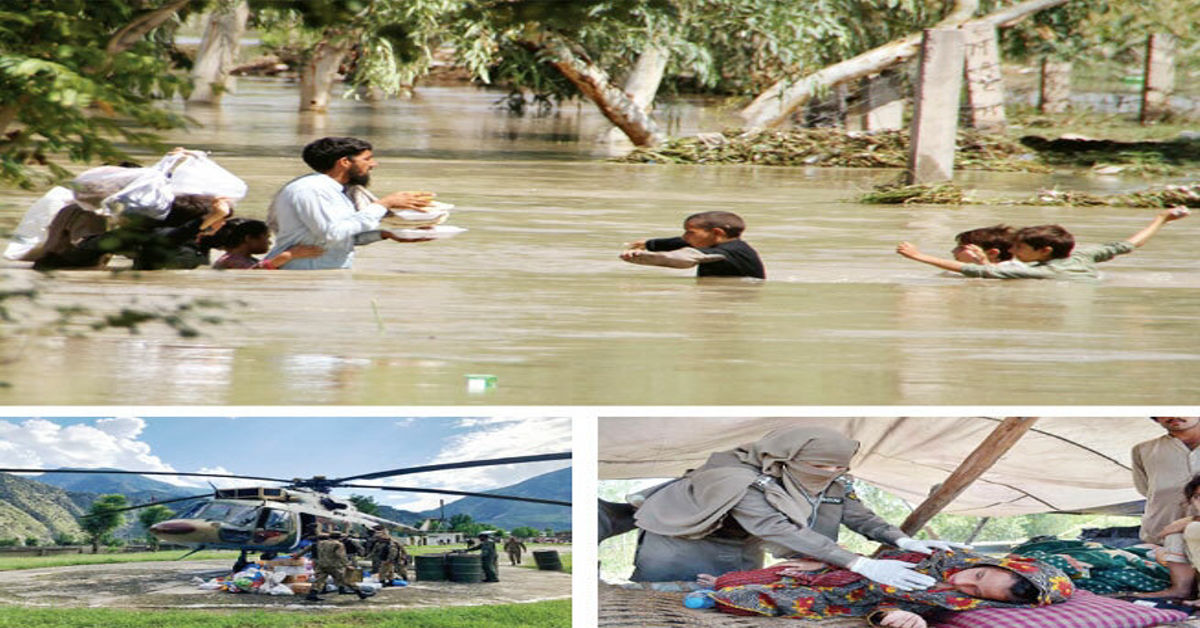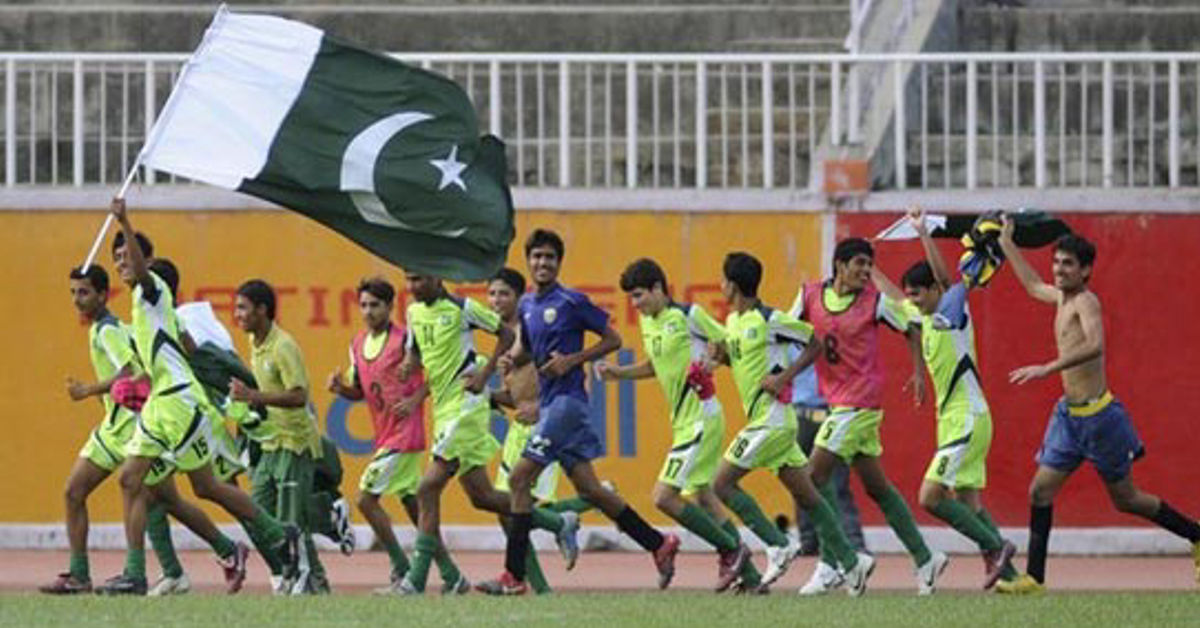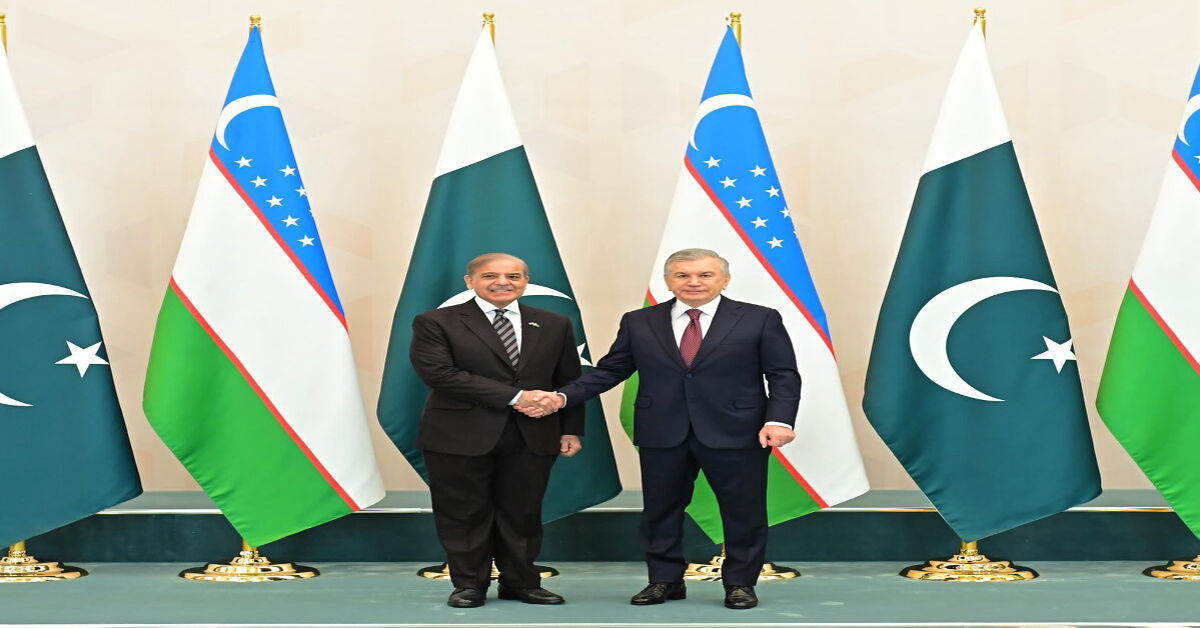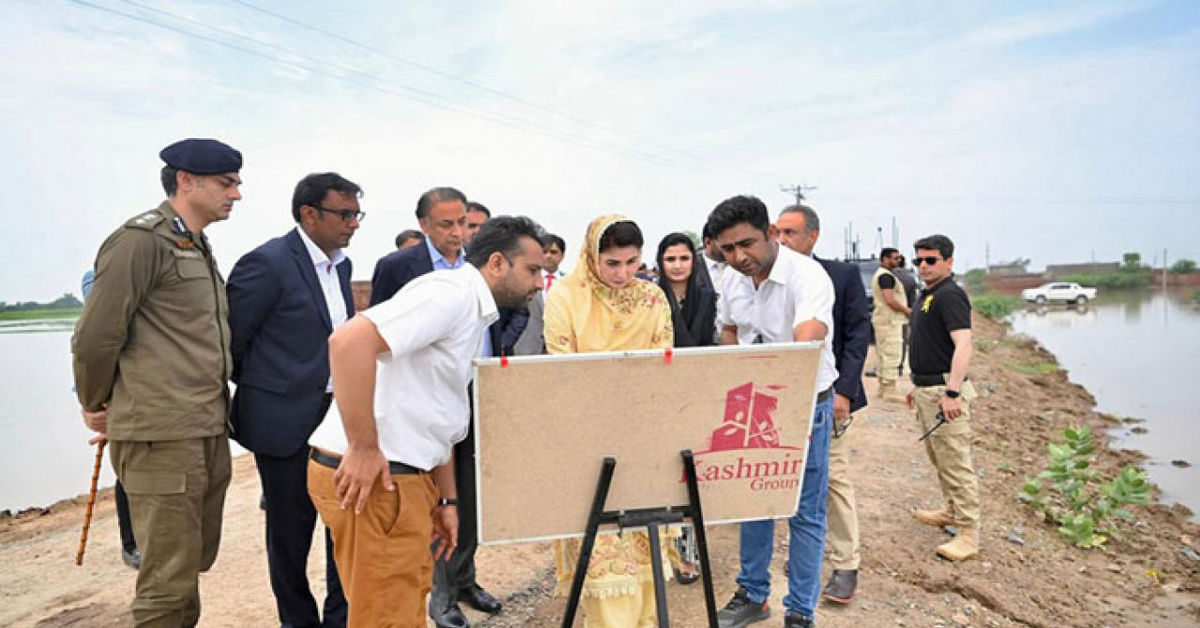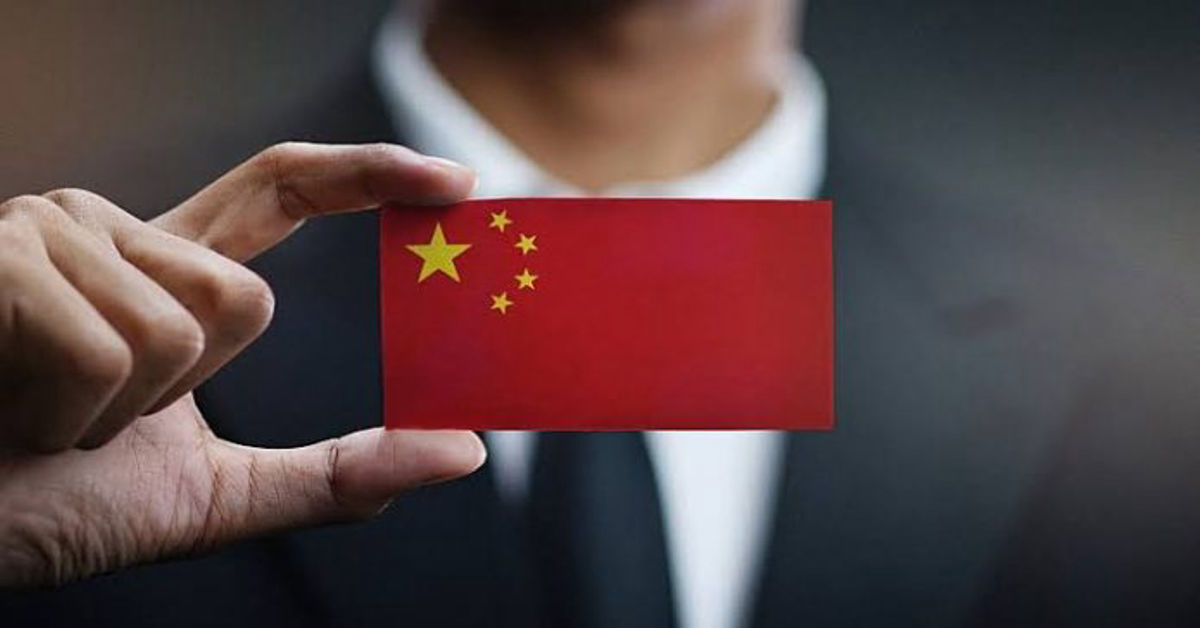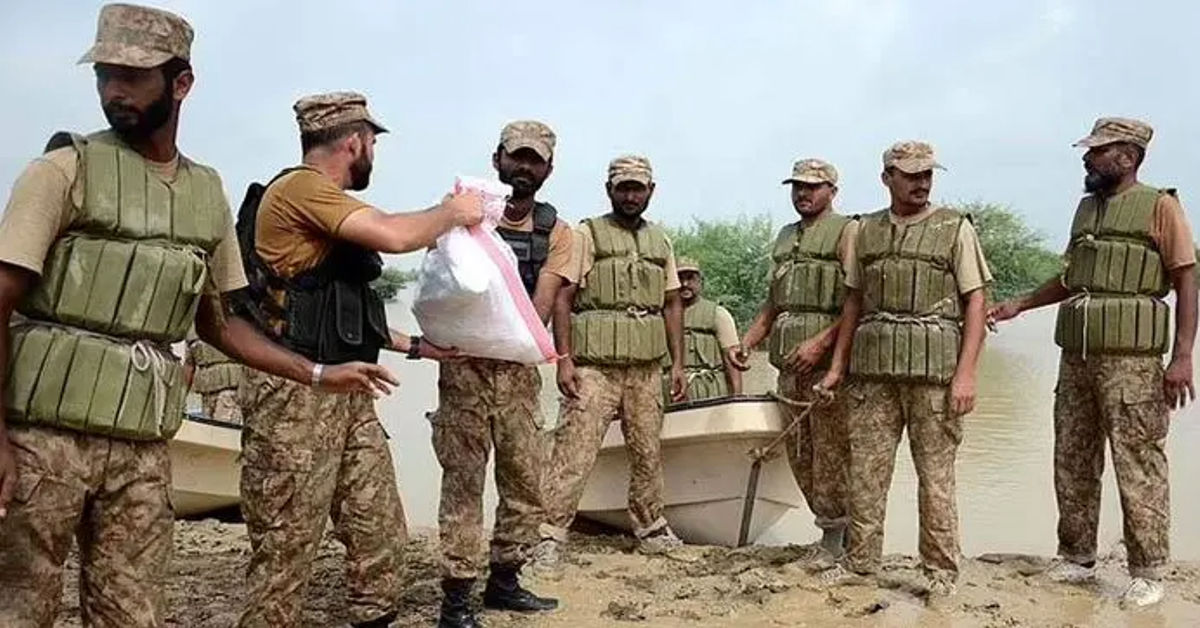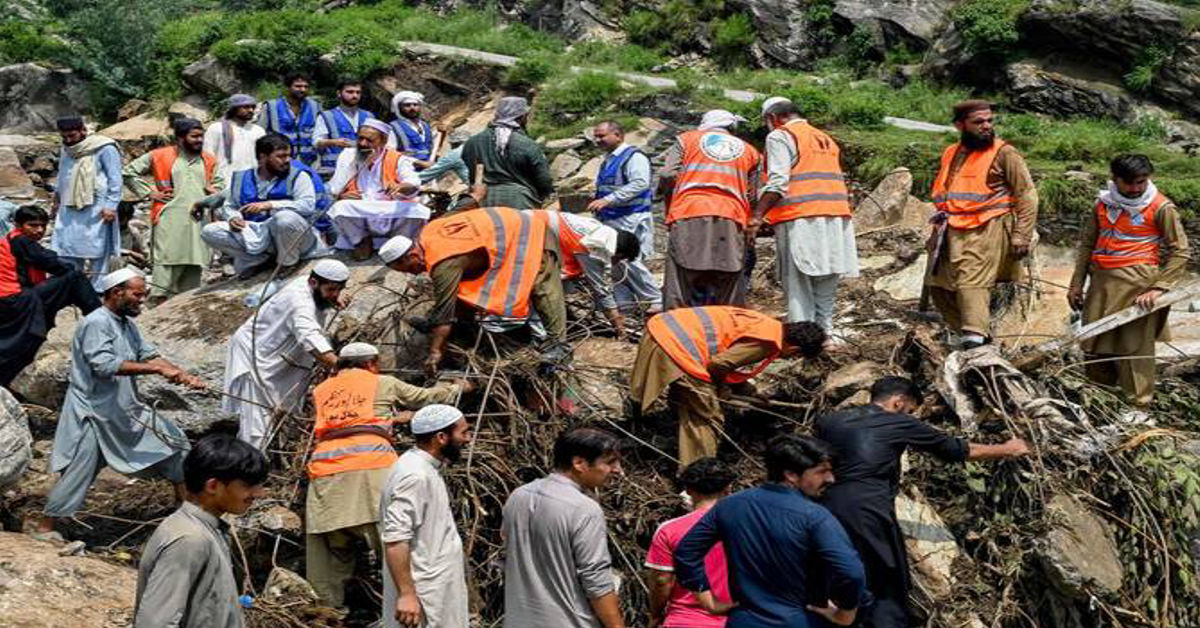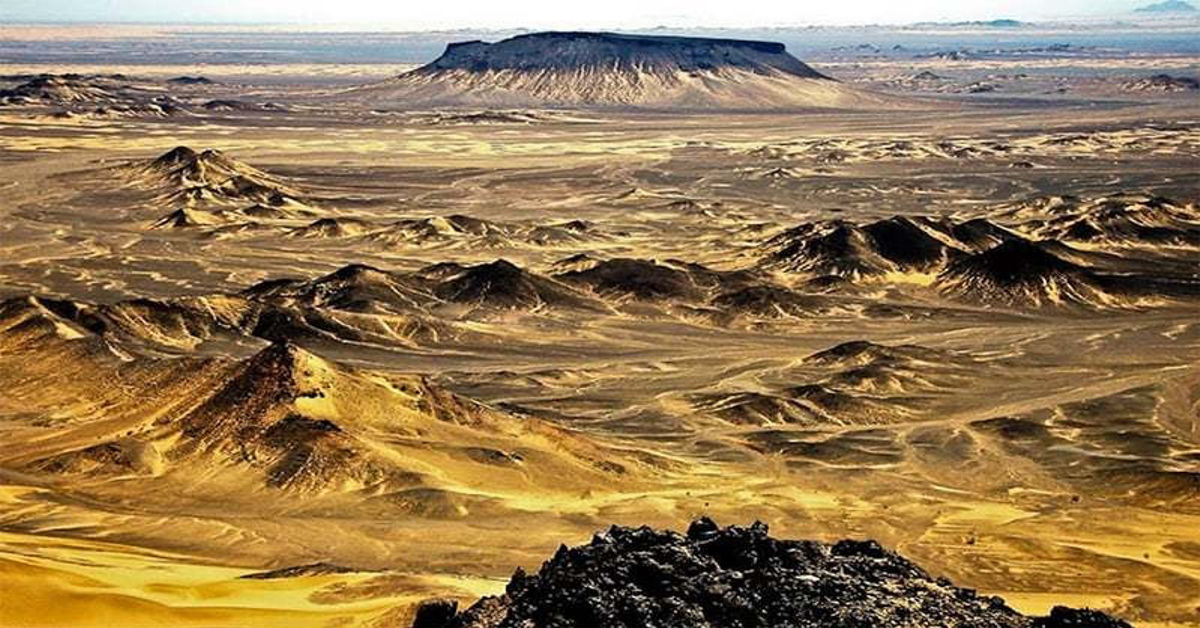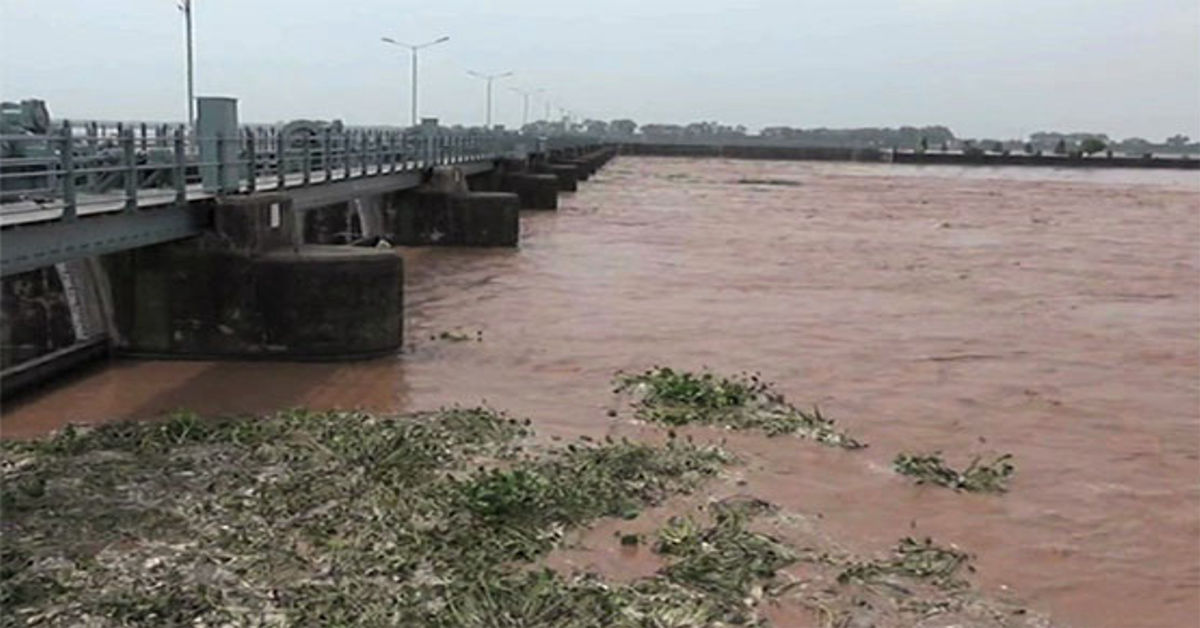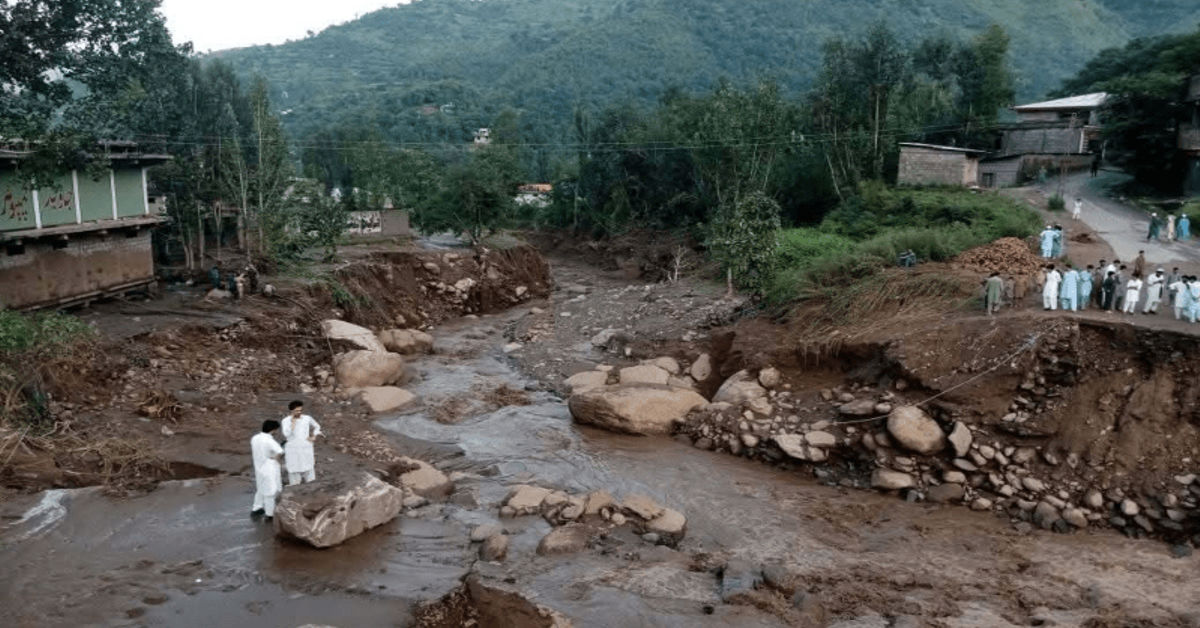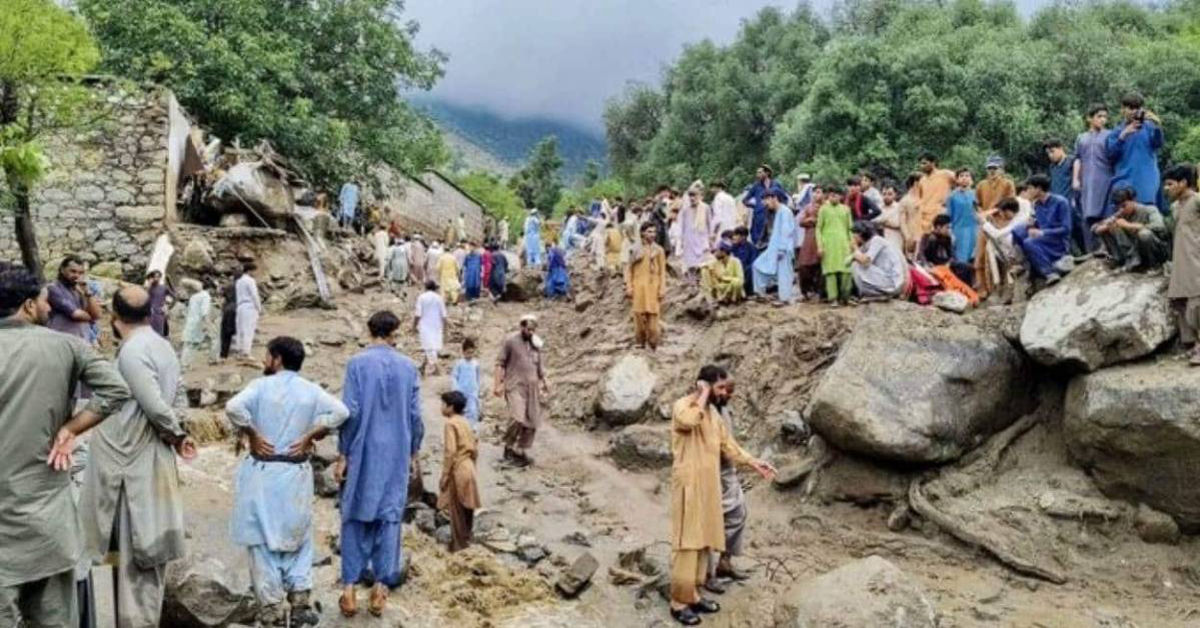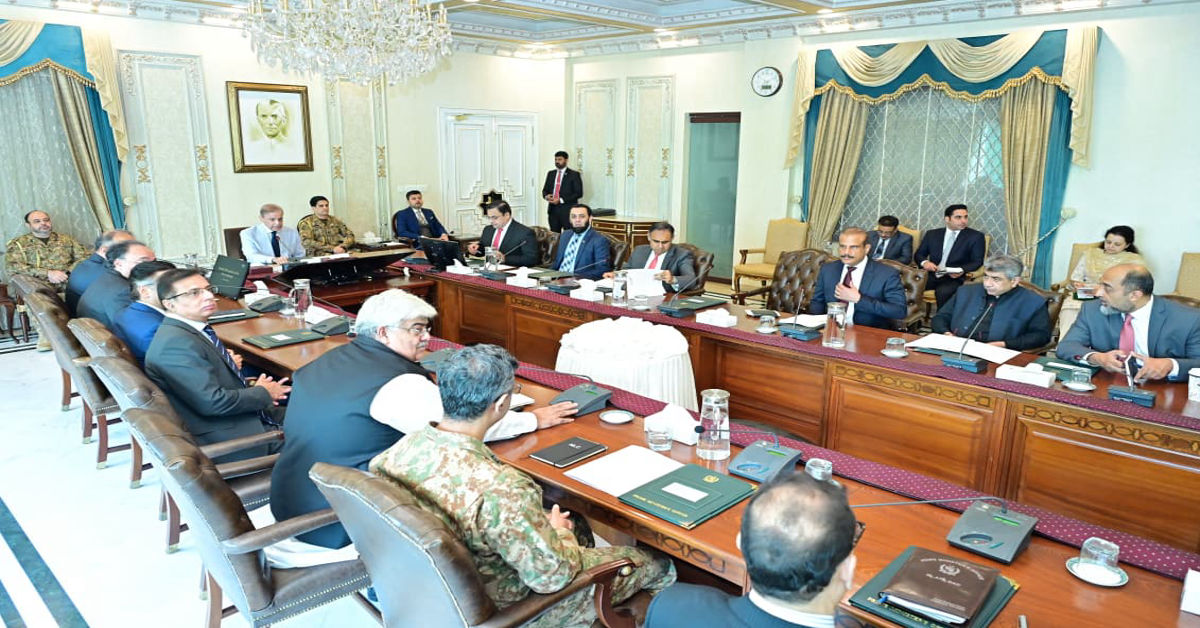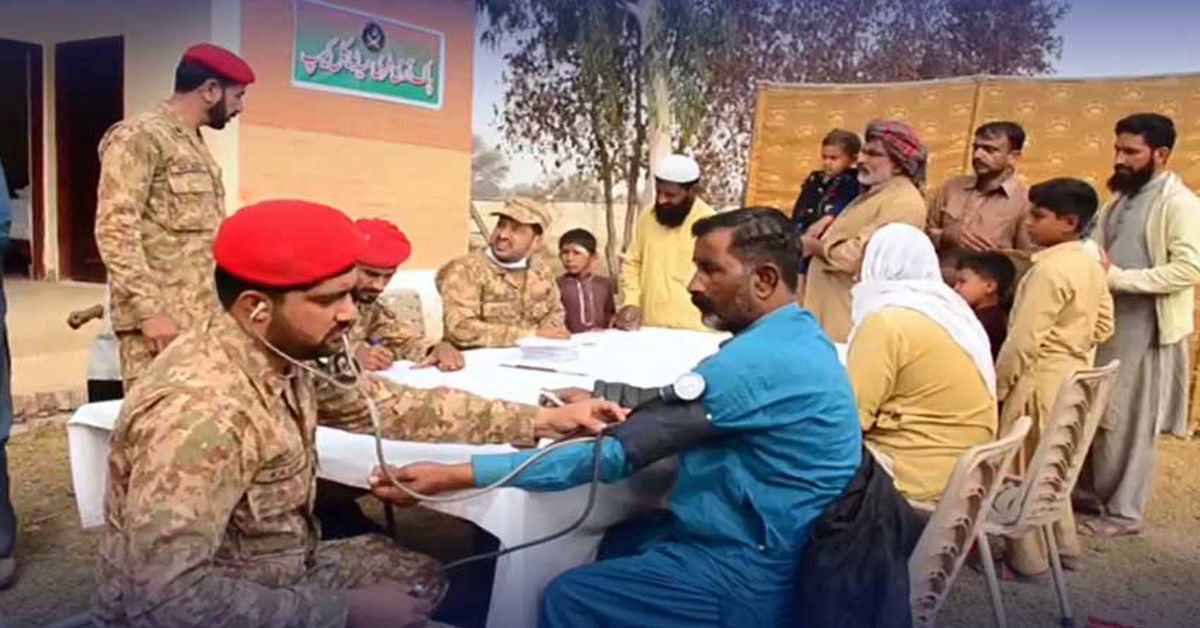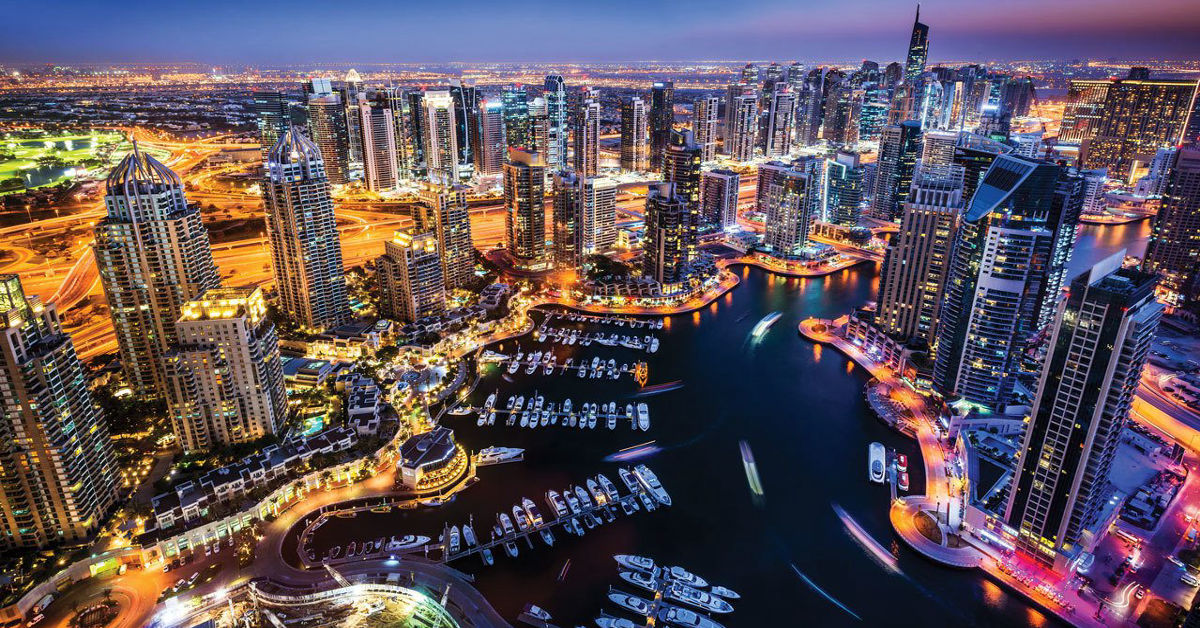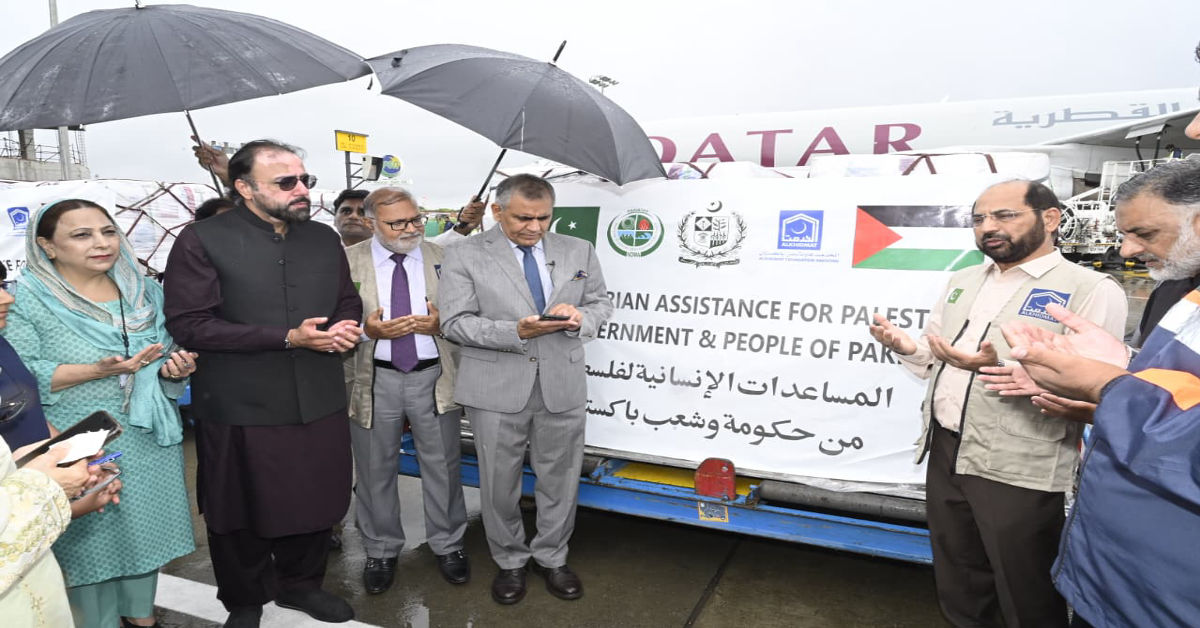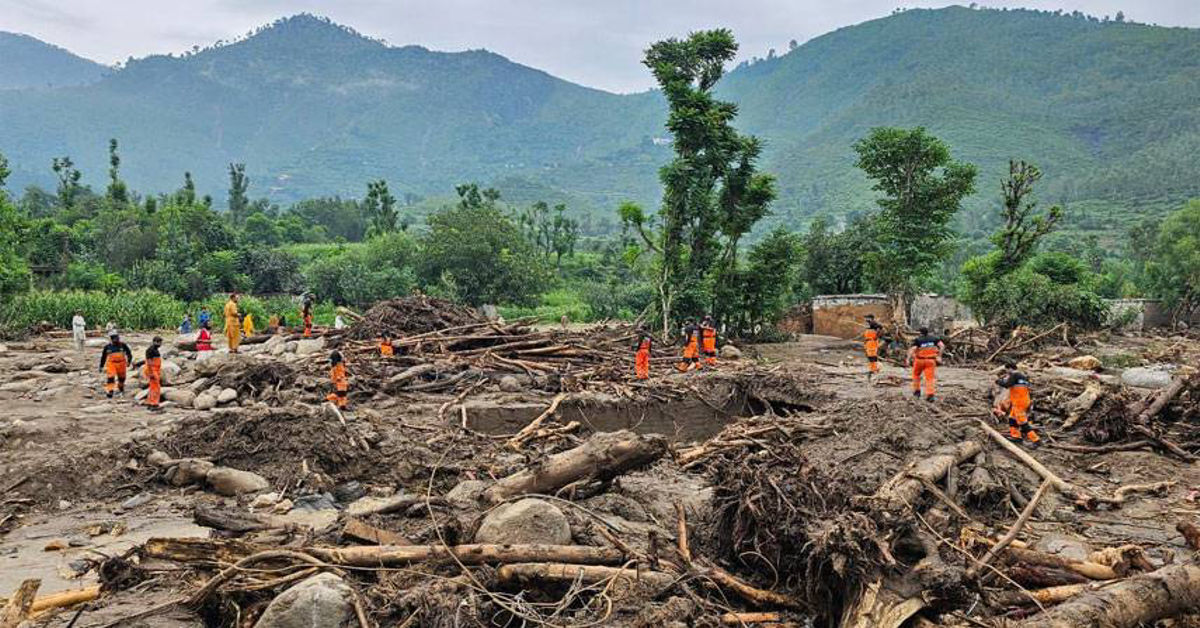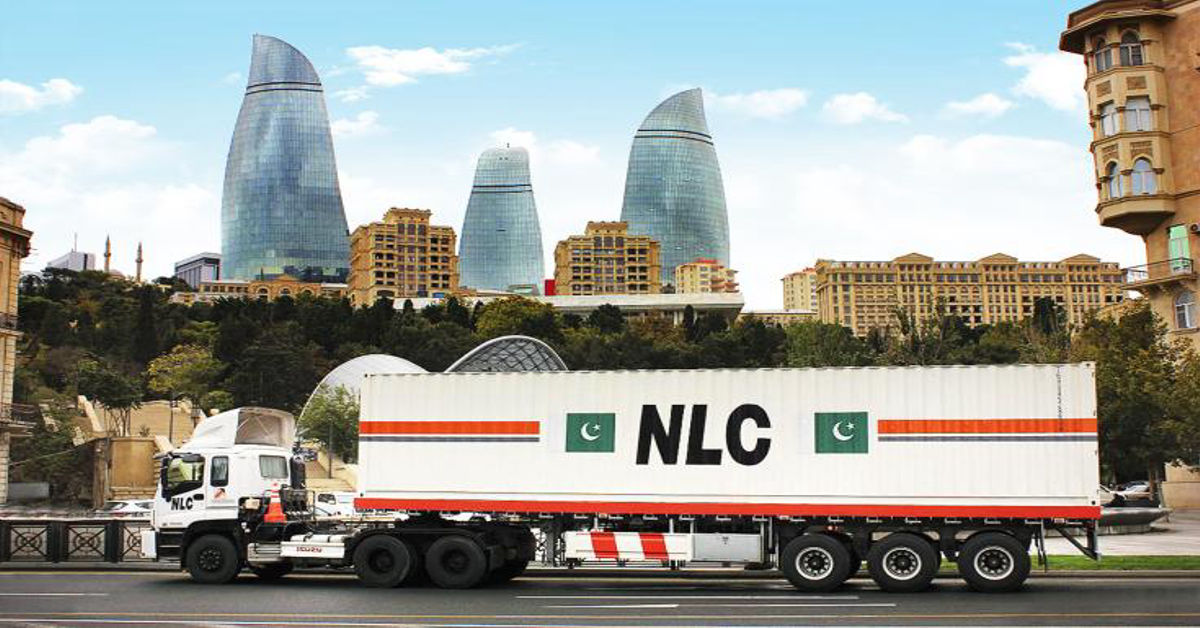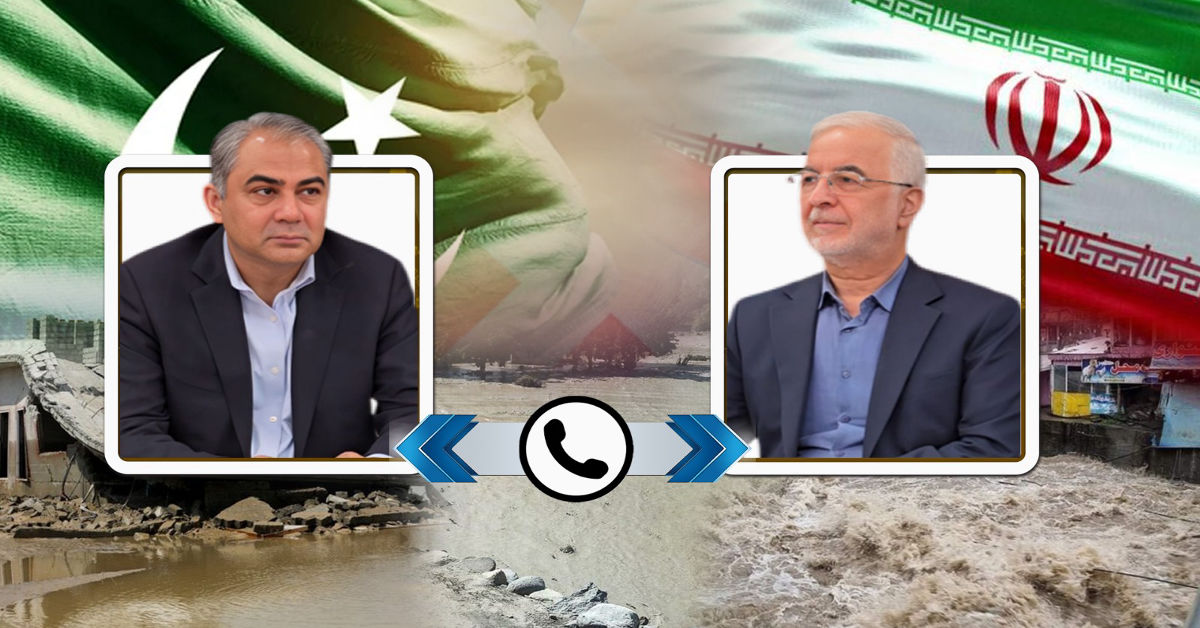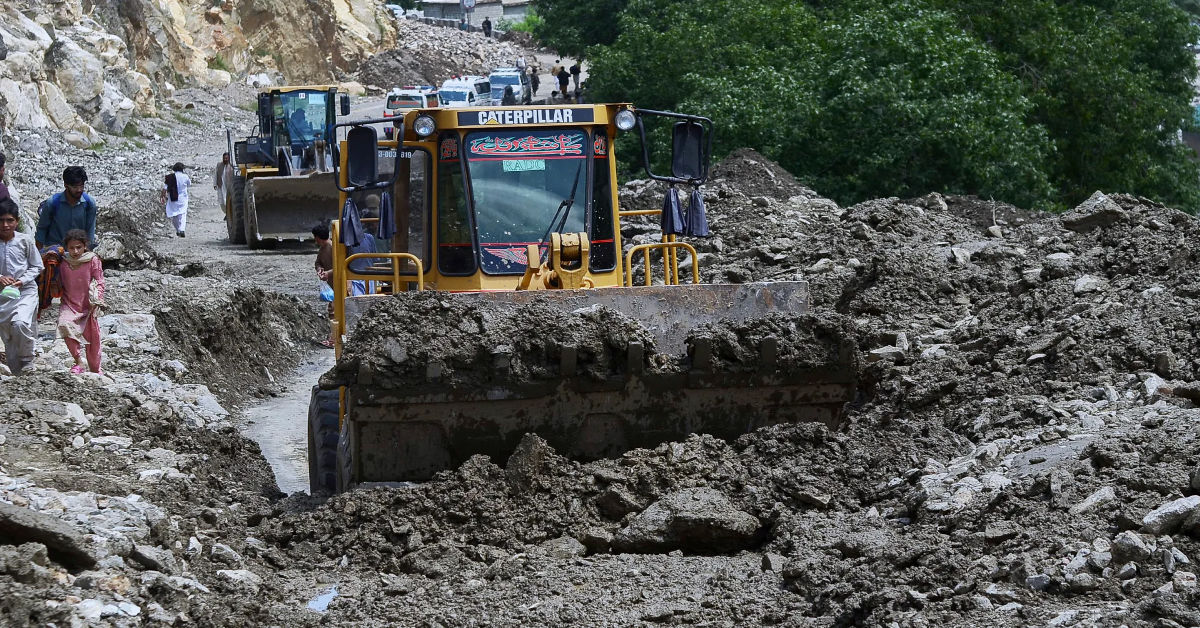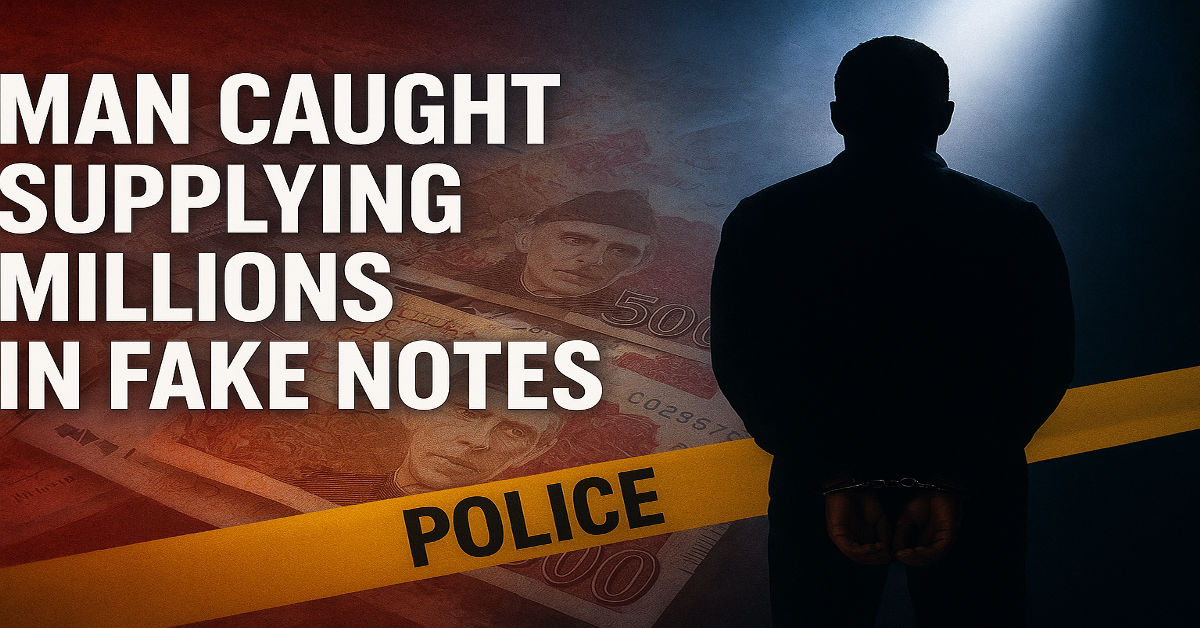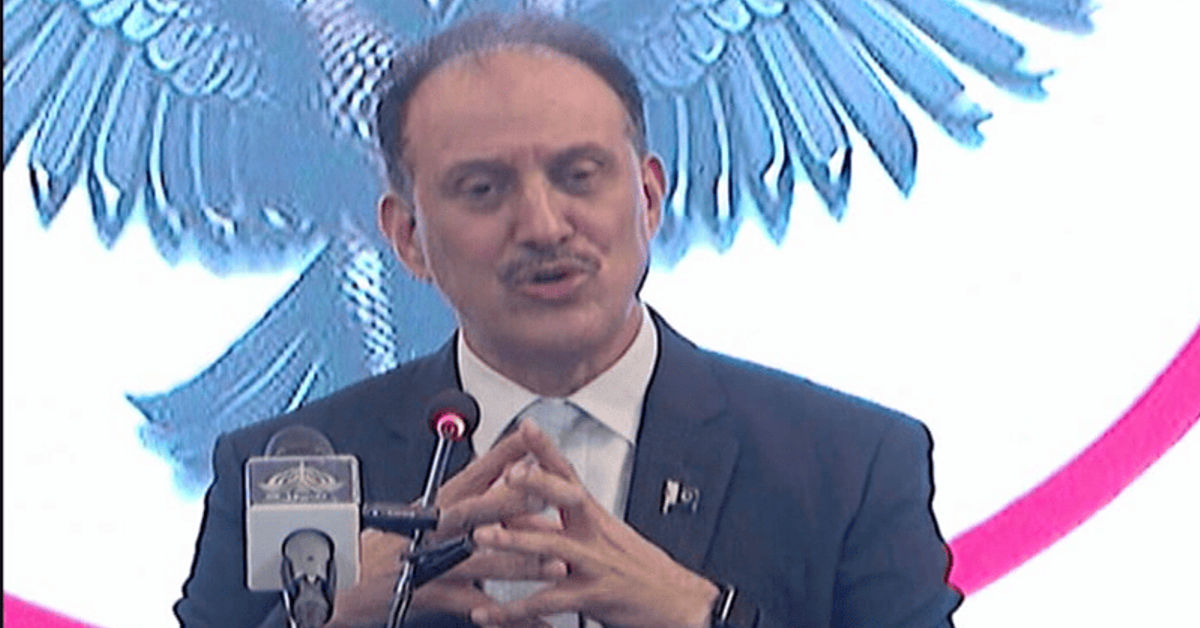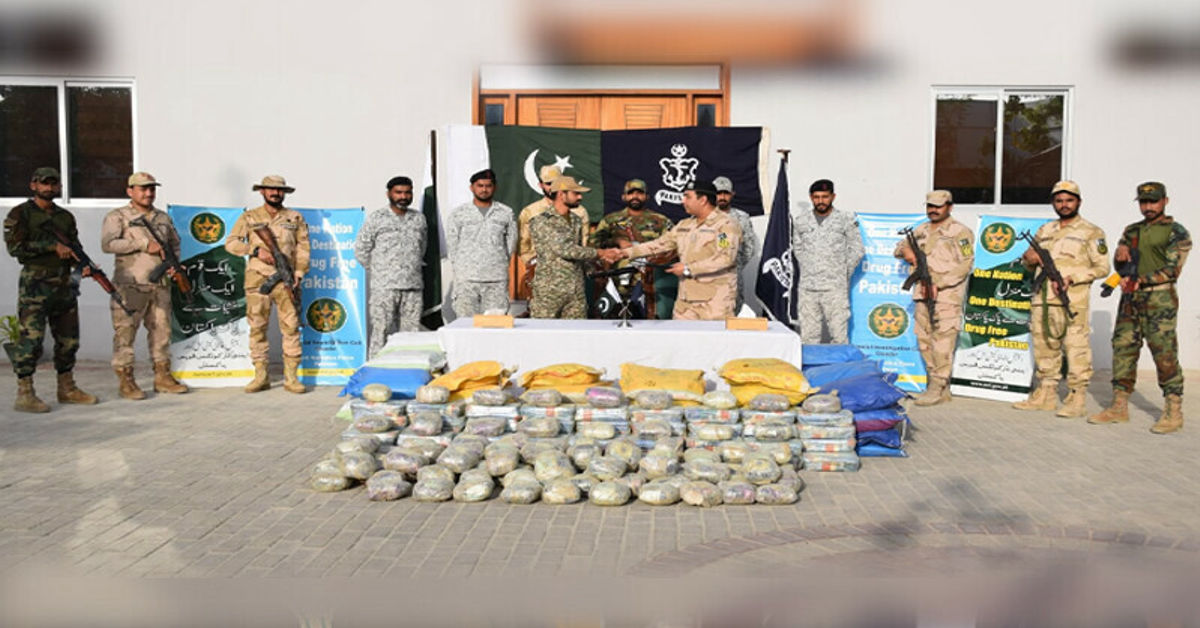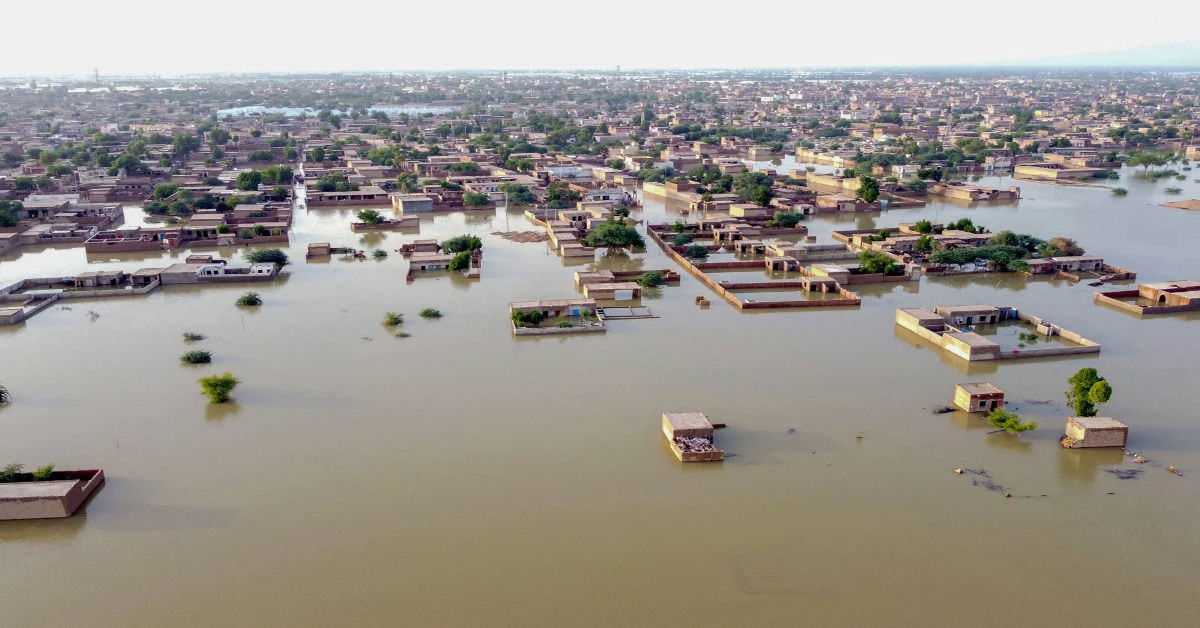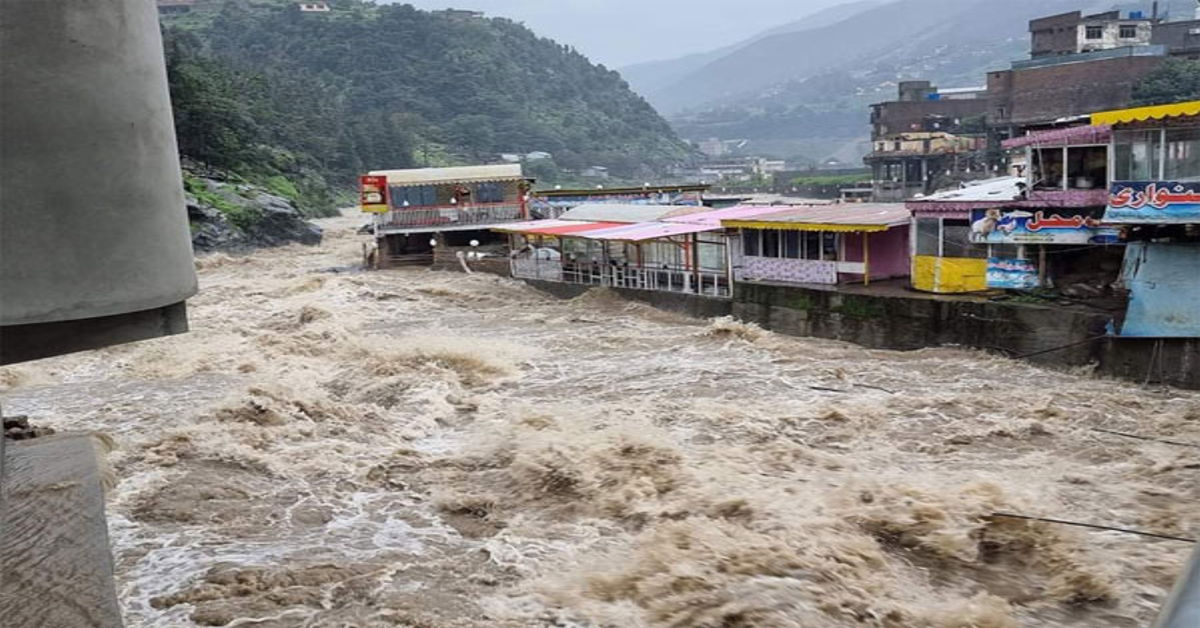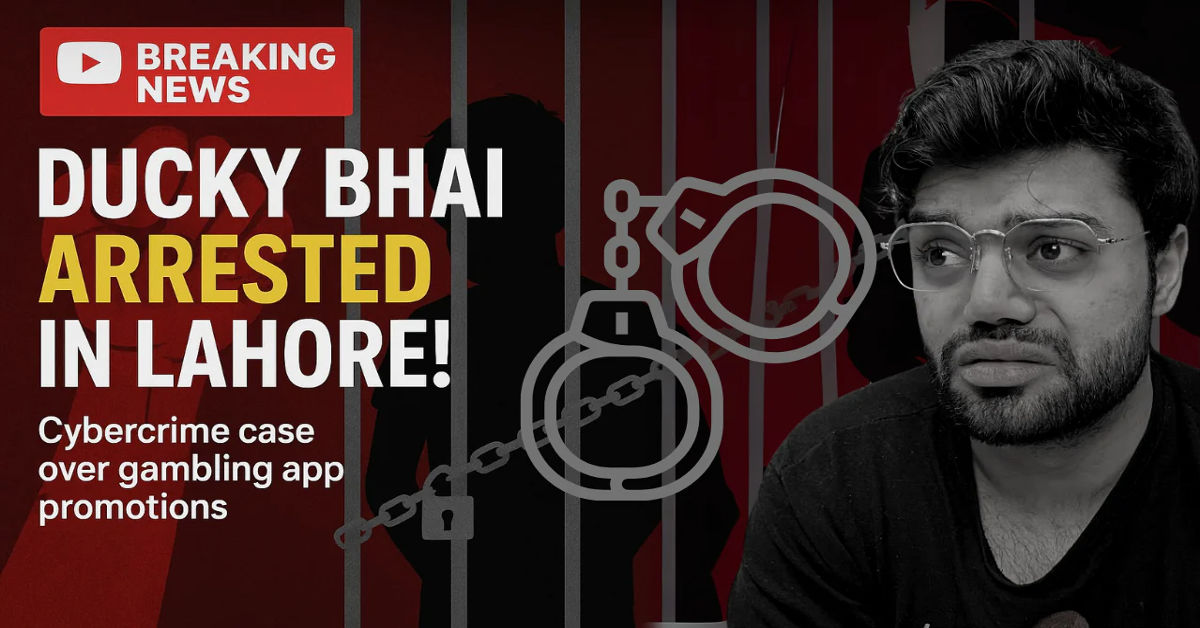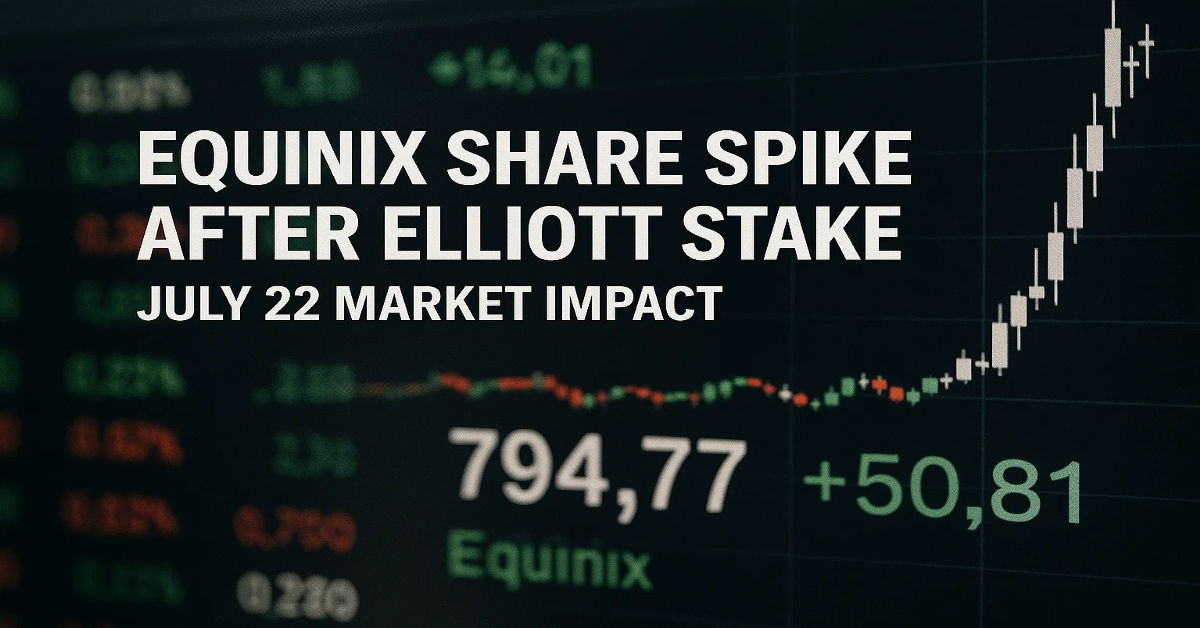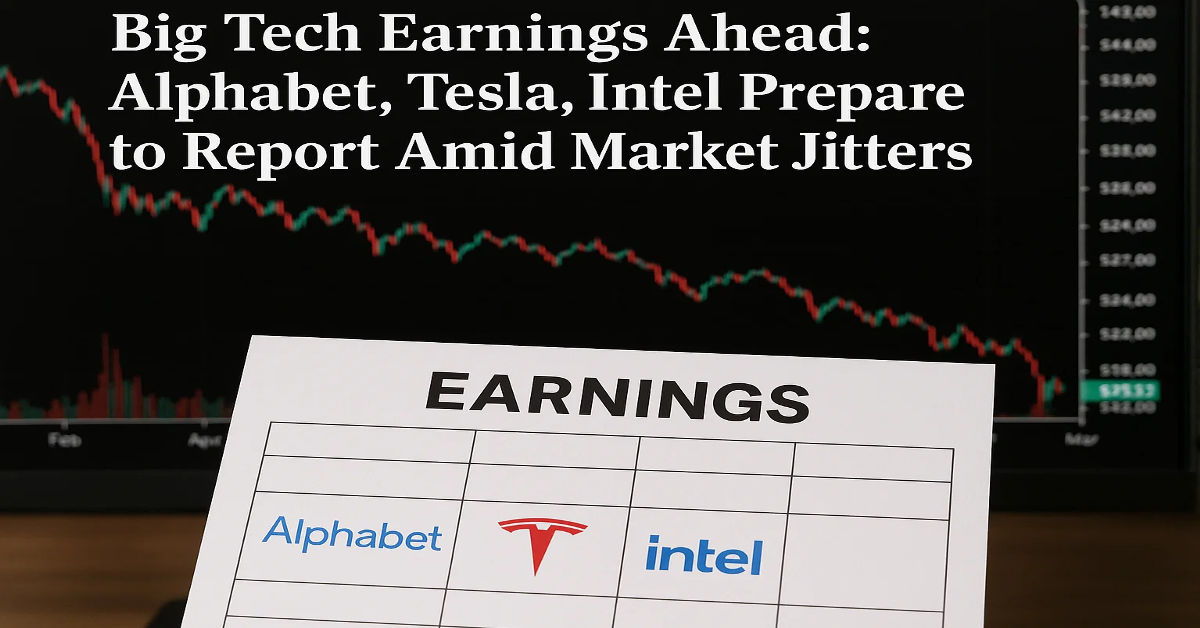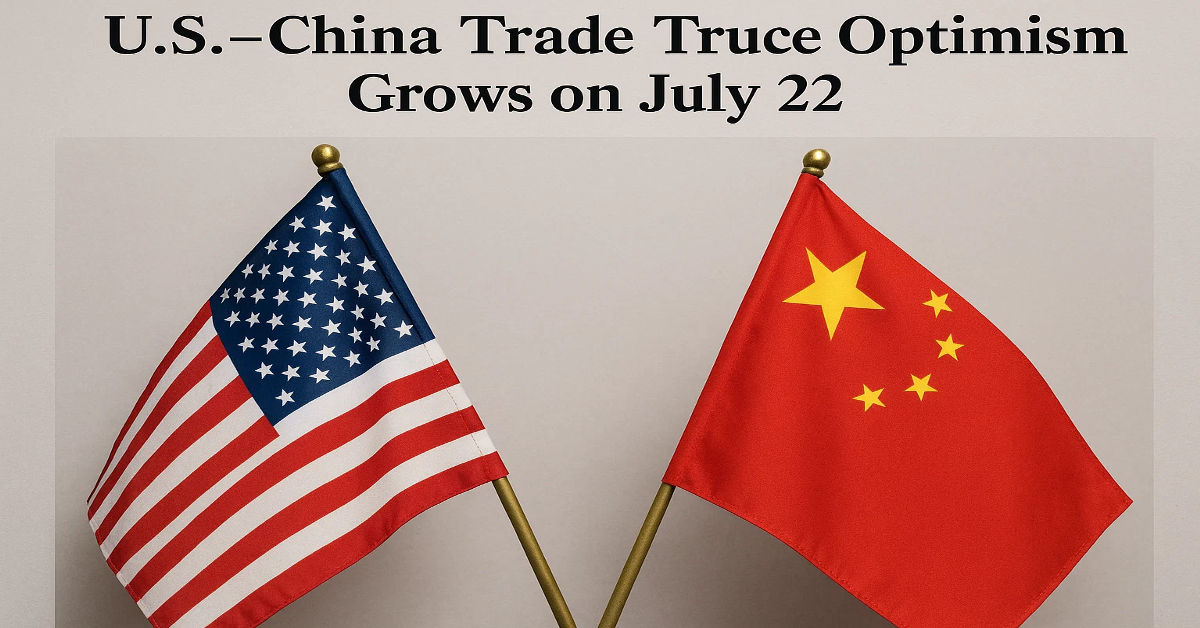
The ancient conflict between Iran and Israel has flared up the new military clashes, and the Middle East is now less than a step away from another large-scale regional war. Days into the second week of renewed hostilities, both the sides have resorted to direct air and missile attacks. Despite which many people are frightened that the situation may go out of hand. The situation is still in a state of stall despite the diplomatic efforts initiated and the prospect of de-escalation is getting more and more unpredictable.
Israelis Retaliate by Staging Airstrikes
Israeli fighter jets have allegedly attacked a number of strategic places in Iran over the weekend. One of the most notable ones was a missile attack on the Isfahan nuclear research complex which some consider to be the largest nuclear facility in Iran. Although Iranian authorities have insisted that there was no leakage of harmful substances. The attack was a monumental failure that attracted serious international concerns on the possible dangers it posed to the lives of civilians and regional security.
Civil Causalities in Qom
The Israeli missiles were also used on residential areas in addition to military targets. One of the buildings in the sacred city of Qom was directly targeted in which two civilians were killed. And at least four others suffered injuries. This news that has been reported by the Iranian state media has served as a furious and a pressing factor by the Iranian state to act decisively on Israeli aggression. As a religious and political center of Iran, Qom brings symbolism to the attack.
IRAN Responded to the Attack
As a reaction, Iran attacked Israel with a series of missile attacks. One of the attacks caused a fire to break out in an apartment in a residential building in Holon, not far from Tel Aviv. Although no injuries have been reported, the event spread panic among Israeli civilians and highlighted the risk of further escalation. The sources of the Israeli emergency service justified the cause of the fire as the shrapnel of the missile intercepted. The tit-for-tat exchange is a deadly course of mutual retaliations.
Geneva Diplomatic Stalemate
The bid to forge peace suffered a setback on Friday after the top-level negotiations in Geneva made no concrete breakthrough. Various diplomats of Europe namely France, Britain and Germany met the foreign minister of Iran in an attempt to reinstate talks especially on the nuclear problem. But Iran has categorically stated that they will never go back to negotiations with the United States. Until Israeli attacks stop. The impasse only served to cement the problems of how weak international relations have become under the increased palace of the military tensions.
Tehran Response to Washington
An Iranian official addressing the CNN has said that the crisis might be over within just a phone call by the U.S. President Donald Trump to order the Israel party to call off the attacks. The official added that Iran would be eager to get back to the table of negotiation. But this is only provided that the attack by Israel should be ceased. This remark underlines the Iranian position implying that the influence of the U.S. over Israel may be critical to the cessation of the conflict. Although this opinion is rather controversial in Washington.
Trump Refuses the Intelligence on Nuclear Plans
President Trump threw his shade on his intelligence community by publicly criticizing them in the most shocking turnaround. His Director of National Intelligence, Tulsi Gabbard, previously had testified that Iran is not actively seeking nuclear weapon. This contradicts what Israel is saying in its insistence that Iran is fast gaining grounds to have one. Trump responded to this inconsistency by stating in an interview, “Well then my intelligence community is wrong. A presidency-baking quote that has fanned a sense of uncertainty of the accuracy of American ranking evaluations at a time of crisis.
The Part of Organization of Islamic Cooperation
During this crisis, Organization of Islamic Cooperation (OIC) has planned an emergency meeting in Istanbul. The OIC has 57 member states and it is the voice of the whole Muslim world. The foreign minister of Iran will be there to conduct the discussions. And the top priority will be to discuss the case of the aggression unleashed by Israel. Although the OIC lacks direct influence of the military. Its role in creating a regional opinion and policy may affect the development of the conflict within a diplomatic environment.
The Regional Escalation Risk
The conflict between Iran and Israel is no longer a 2-country problem anymore- it is threatening to invite other partners into the region. Syria, Lebanon, and Iraq have already experienced the spillover effects caused by previous tensions between Israel and Iran. As both sides take their positions, there is a possibility that an imminent fear of a greater Middle East war will result because of the conflict. The neighbors express deep concern. While world powers closely monitor the developments, fearing that a prolonged rise may weaken global energy security and stability.
Conclusion
The facility trade of fire between Iran and Israel is one of the risky spells in the history of their pursuit of power. Civilians increasingly find themselves caught in the crossfire, which has also escalated the crisis as diplomatic efforts have failed. Whereas Iran is ready to resume the talks once they end Israeli aggression, the U.S. Does not seem eager to coerce its close friend. The international community should move fast in seeking a cease fire and revival of dialogue before it degenerates into full blown regional war. There is hope, however there is a chance of having peace, as long as everyone opts to explore peace as opposed to obliteration.


